



American Association of Teachers of German, Inc.





American Association of Teachers of German, Inc.
Angelika Becker, President
Carmel High School, IN
Jennifer Redmann, Vice President Franklin and Marshall College, PA
Priscilla Layne, Immediate Past President
University of North Carolina, NC
Blake Peters, Treasurer
German International School, OR
Chiann Tsui, Equity Officer
German International School, OR
Michael R. Shaughnessy, Executive Director
AATG Office, NJ
Jeffrey M. Dyer, Midwest Region
Oregon High School, WY
Bridget Levine-West, Northeast Region
University of Vermont, VT
Carrie Collenberg-González, Northwest Region
Portland State University, OR
Lucia Huang, Southeast Region
Wilson High School, SC
Kyung Lee Gagum, Southwest Region
Midwestern State University, TX
Mariah Ligas, Central Region
Antietam Middle Senior High School, PA
The American Association of Teachers of German supports the teaching of the German language and German-speaking cultures in elementary, secondary and post-secondary education in the United States. The AATG promotes the study of the German-speaking world in all its linguistic, cultural and ethnic diversity and endeavors to prepare students as transnational, transcultural learners and active, multilingual participants in a globalized world.
Veronika Burney, PhD Director of International Programs and Scholarships veronika@aatg.org
Michaela Wetcholowsky Director of Member Services & National German Exam Coordinator michaela@aatg.org
Evan Worthing Outreach & Engagement Coordinator evan@aatg.org
John Capasso Director of Finance & Business Operations john@aatg.org
Michael R. Shaughnessy, PhD Executive Director mike@aatg org
112 Haddontowne Court, #104 Cherry Hill, NJ 08034
Submit content to www.aatg.org/newsletter








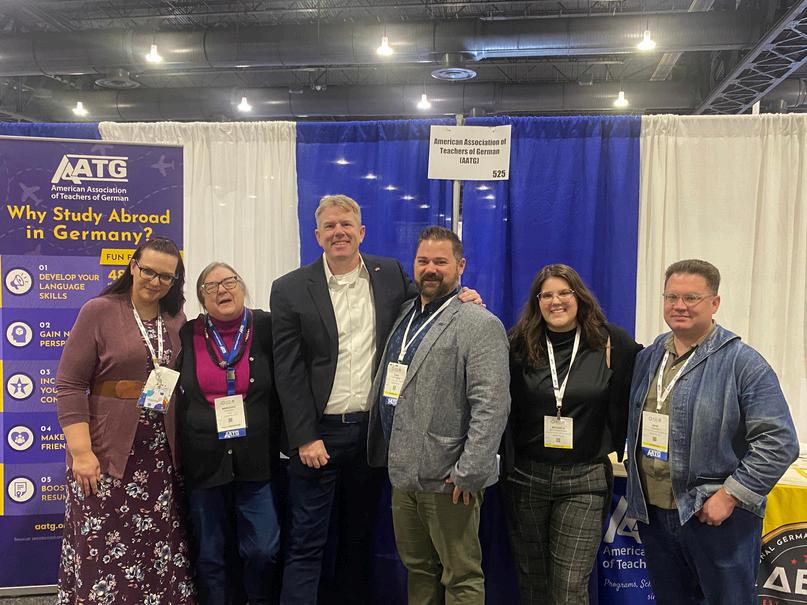
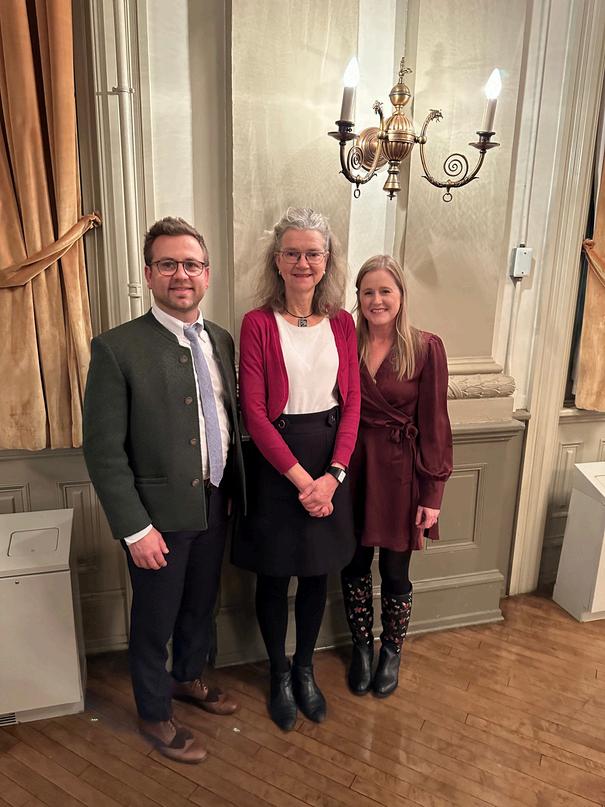
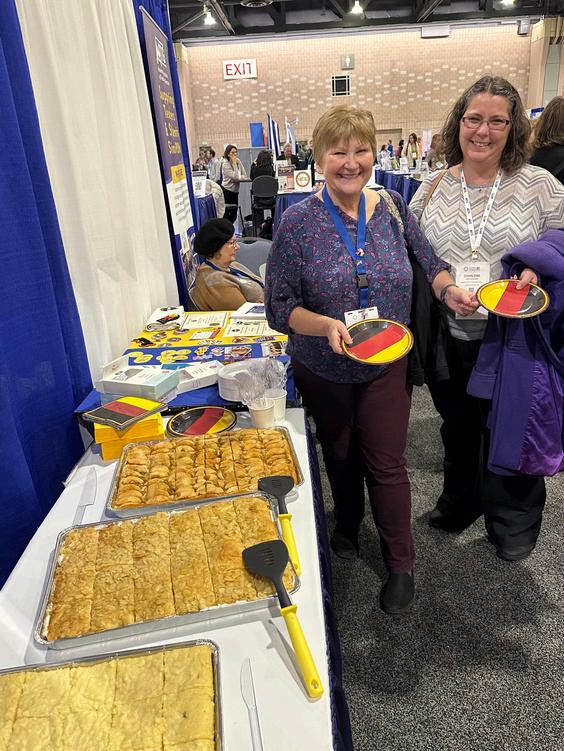


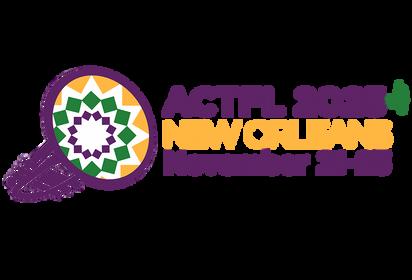
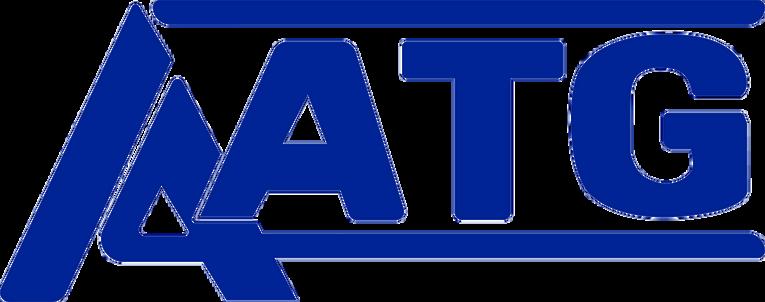
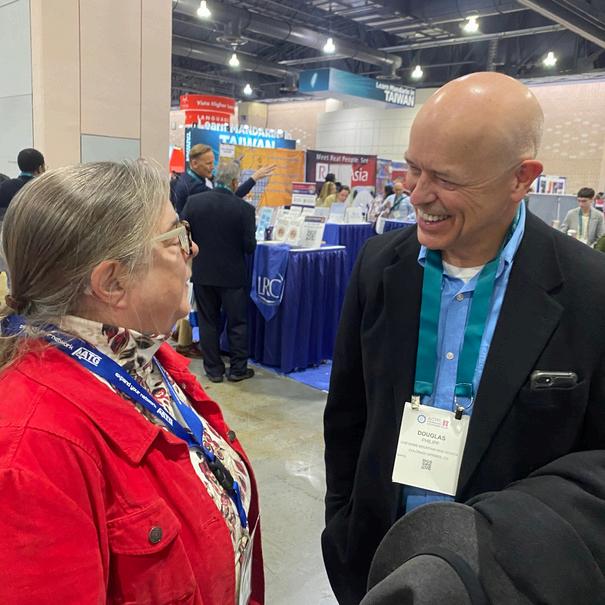


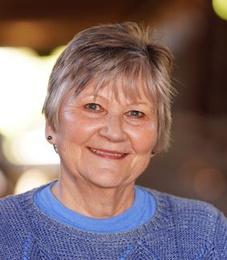
Bitte erlaubt mir, ein paar Minuten in Erinnerungen zu schwelgen Gerade bin ich, wie viele von euch, von unserem alljährlichen AATG-Treffen bei der ACTFL Convention aus Philadelphia zurückgekommen Was für ein Event es war: Fortbildung, Familienfest, Swag sammeln, Weihnachtsstimmung beim Weihnachtsmarkt, Goethe-Party bei der German Society, alles in einen Topf geschmissen - gemischt - voila: AATG.
Vielen Dank allen, die Präsentationen vorbereitet und gehalten haben, dem AATG Team, inklusive Mercedes, die sich 2,5 Tage lang tapfer am Stand gehalten haben und Xperitas für die Leckereien. Wir bedanken uns natürlich auch bei unseren professionellen Partnern für die Unterstützung und die Materialen, mit denen sie Deutsch, den Unterricht, unsere Schüler*innen und Studierende unterstützen
Auch nochmals herzlichen Glückwunsch an Amanda Beck und Sara Lee, unsere beiden Finalistinnen für “Teacher of the Year” Was für eine Leistung! Wir sind so stolz auf euch!
Vor einigen Wochen hatten wir unser jährliches Treffen der Landesverband-Präsident*innen. Ein Thema, das wir besprochen haben, war unser Mangel an Nachwuchs. Vielleicht erinnert ihr euch an meinen Beitrag von Anfang diesen Jahres: Wir müssen vor allem Seiteneinsteigern, Leuten, die aus anderen Bereichen kommen und Deutsch unterrichten wollen, helfen, die Regeln und Bestimmungen zu navigieren, die die verschiedenen Staaten und Departments of Education haben. Meine Bitte: Wenn ihr die Website eures DOE und Lizenzbestimmungen habt, bitte schickt mir die Adresse. Wir erstellen dazu ein Dokument und verlinken es auf unserer Website
In meiner letzten Session am Sonntag habe ich eine tolle Idee bekommen für eine mögliche Pipeline für zukünftige Lehrkräfte. Effie Hall erwähnte in ihrer Präsentation, dass sie ihre Schüler*innen den Unterricht leiten lässt, natürlich mit einer Aushilfe im Zimmer. Einer ihrer Schüler hat dadurch entdeckt, dass er Deutschlehrer werden möchte Ist das nicht eine tolle Strategie? Zum Einen hilft es,

dass der Unterricht weitergeht, weil die Schüler*innen die Routinen kennen und zum Anderen kann es dazu führen, dass unsere Lerner ihre Berufung zum Lehren entdecken und wir eine Pipeline für
unseren Nachwuchs kreieren Effie, danke dir für diese tolle Idee
Viele von euch waren überrascht, über die Richtung, die wir als Organisation, hinsichtlich unserer Jahrestagung in der Zukunft gehen werden Änderungen sind immer schwer, aber das wird eine Möglichkeit, uns neu zu entdecken, jetzt, nach 100 Jahren. Natürlich möchten wir Feedback von euch und hören, was für Arten von Fortbildung Deutschlehrkräfte brauchen, denn es soll EURE Tagung werden! Haltet die Augen offen, eine Umfrage kommt.
Jetzt bleibt mir nur noch euch allen wunderschöne, geruhsame Feiertage zu wünschen und natürlich einen guten Rutsch ins Neue Jahr!
Viele liebe Grüße aus Indiana
Eure Angelika

Angelika Becker
AATG President
German Teacher
Carmel High School, IN angelikabecker@att.net
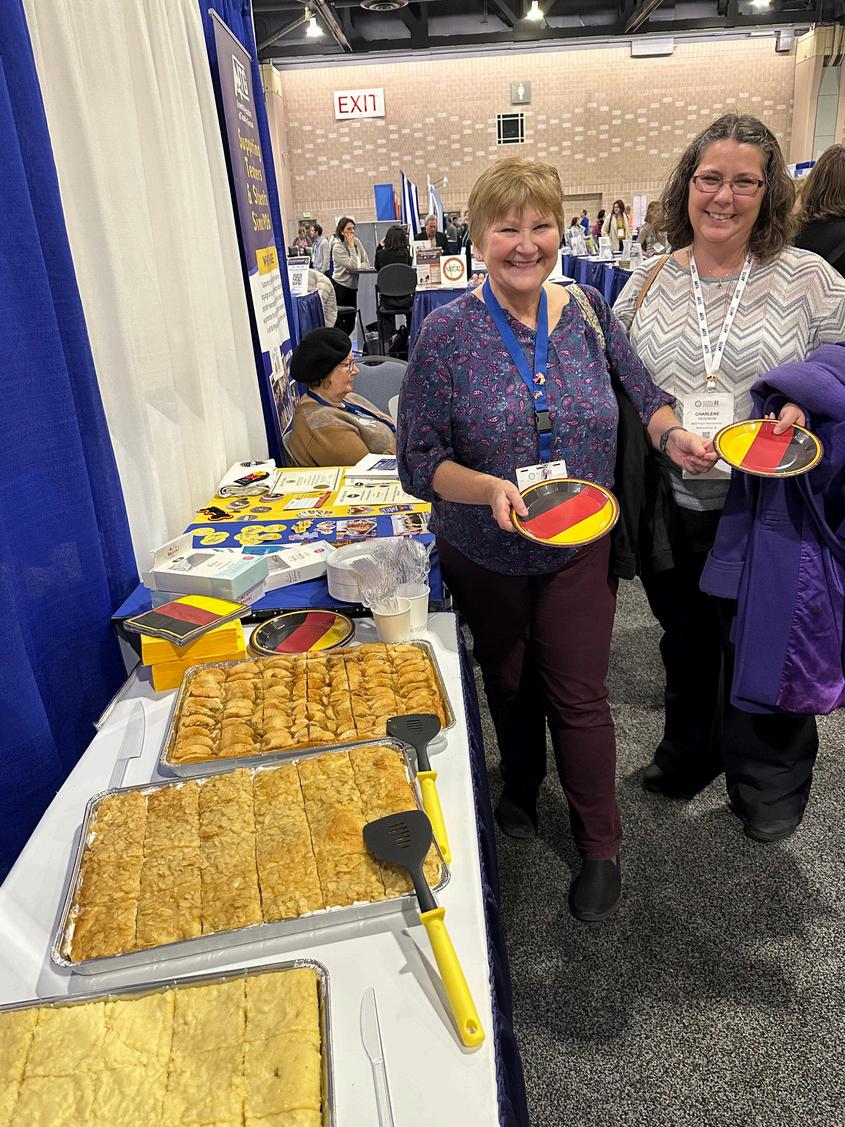
The Board of Directors at the American Association of Teachers of German would like to inform you of a major change concerning the AATG/ACTFL annual conference for 2025 and 2026.
In May 2024, the board of ACTFL unilaterally implemented significant reductions in convention partnership agreements for the American Association of Teachers of German and its members. This action also affects all other partner organizations of ACTFL, such as AATI and AATJ, with whom we have been in discussions over the past several months. ACTFL did not consult or request input from partner organizations prior to making this decision.
Our analysis of their changes shows an untenable impact on the cost and quality of the convention partnership. AATG sees an overall reduction of German-specific sessions by 60% and convention related costs for the AATG and its members will increase by up to 40%.
Despite AATG's multi-decade relationship with the annual ACTFL convention, and after numerous discussions with ACTFL to try to understand this new strategic direction, we at the AATG no longer believe that the interests of German teachers will be adequately served by the ACTFL convention.
In 2026, ACTFL will no longer permit partner organizations to actively take part in the selection of papers to be presented for the languages they represent, effectively removing our voice as German educators from one of our most important professional development opportunities The board looked carefully at AATG member feedback about the convention by analyzing concerns expressed by members through several years of convention survey results. The reduced number of German sessions offered at future ACTFL convention will no longer meet the needs of our German educators.
1. AATG members are encouraged to actively consider state, regional conferences, and other professional development opportunities in your 2025 planning. Our new conference travel fund is just one step that we are already taking to increase benefits to German teachers.
Due to the fact that ACTFL is cutting German sessions again in 2025, AATG's presence at the ACTFL convention might be severely restricted. This will affect your ability to have papers accepted at the 2025 ACTFL convention and will affect the number of professional development sessions offered for German.
2 AATG will seek new convention / meeting opportunities to be offered in 2026 that will allow German teachers to have a greater say in how their professional development occurs. 3.
The Board envisions many potential positive changes in organizing our own event starting in 2026! First, our centennial celebration deserves to put German teachers at the center of the planning. Additionally, we see the benefits of lowering costs for participants, adding more workshops, German-specific plenary and keynote speakers, as well as increased access to receptions and events. Most importantly, we will work to accommodate more sessions and can coordinate with regional conferences to increase access to professional development for German educators.
Any questions regarding this matter can be directed to any member of the AATG Board of Directors
Sincerely, AATG Board of Directors

AATG Office Closure
Our office will close starting December 24 for the winter holidays and will open again on January 2. If you need to leave a message for us during this time, please email the appropriate staff person: aatg.org/aatg-staff From all of us at the AATG, we wish you a happy and healthy holiday season. We look forward to serving you in 2025.


Dear AATG Colleagues,
A s w e w r a p u p 2 0 2 4 , I ' m f u l l o f p r i d e f o r t h e w o r k G e r m a n t e a c h e r s a n d s t u d e n t s d o e a c h a n d
e v e r y y e a r . I ' m a l s o p r o u d o f t h e p r o g r a m s w e o f f e r a t t h e A A T G . A s o u t l i n e d i n o u r b i g g r a n t s
a n d s c h o l a r s h i p s r e p o r t , w e g i v e o u t h u n d r e d s o f t h o u s a n d s o f d o l l a r s e a c h y e a r t o s u p p o r t
t e a c h e r s , s t u d e n t s , a n d p r o g r a m s i n t h e U S .
W e l a u n c h e d s i x n e w g r a n t p r o g r a m s i n 2 0 2 4 a l o n e !
D e l t a P h i A l p h a N a t i o n a l A w a r d f o r U n d e r g r a d u a t e S t u d e n t s o f G e r m a n
M e t z l e r - M e w s C o n f e r e n c e T r a v e l G r a n t
S t u d y A b r o a d S c h o l a r s h i p f o r C o l l e g e S t u d e n t s
P r o m o t e G e r m a n i n t h e U S
S u p p o r t G e r m a n P r o j e c t s
C o l l e g e S u m m e r P r o g r a m S c h o l a r s h i p ( E n d o w e d F u n d )
T h i s i s p a r t o f A A T G ' s s t r a t e g y t o c r e a t e i n n o v a t i v e , a c c e s s i b l e , a n d s u s t a i n a b l e p r o g r a m s n o w
a n d i n t h e f u t u r e . A s w e l o o k a h e a d t o 2 0 2 6 a n d p l a n o u r c e n t e n n i a l c e l e b r a t i o n a n d
c o n f e r e n c e , w e a r e o p t i m i s t i c f o r t h e f u t u r e o f o u r o r g a n i z a t i o n a n d l o o k f o r w a r d t o s u p p o r t i n g o u r m e m b e r s f o r a n o t h
H e r z l i c h s t ,

M i c h a e l R . S h a u g h n e s s y E x e c u t i v e D i r e c t o r
A A T G
m i k e @ a a t g . o r g

Learn more:
Annual Funded Programs aatg.org/annual-programs
National German Exam nge.aatg.org
National Honor Societies High School
Jr. High & Middle School Community College College & University
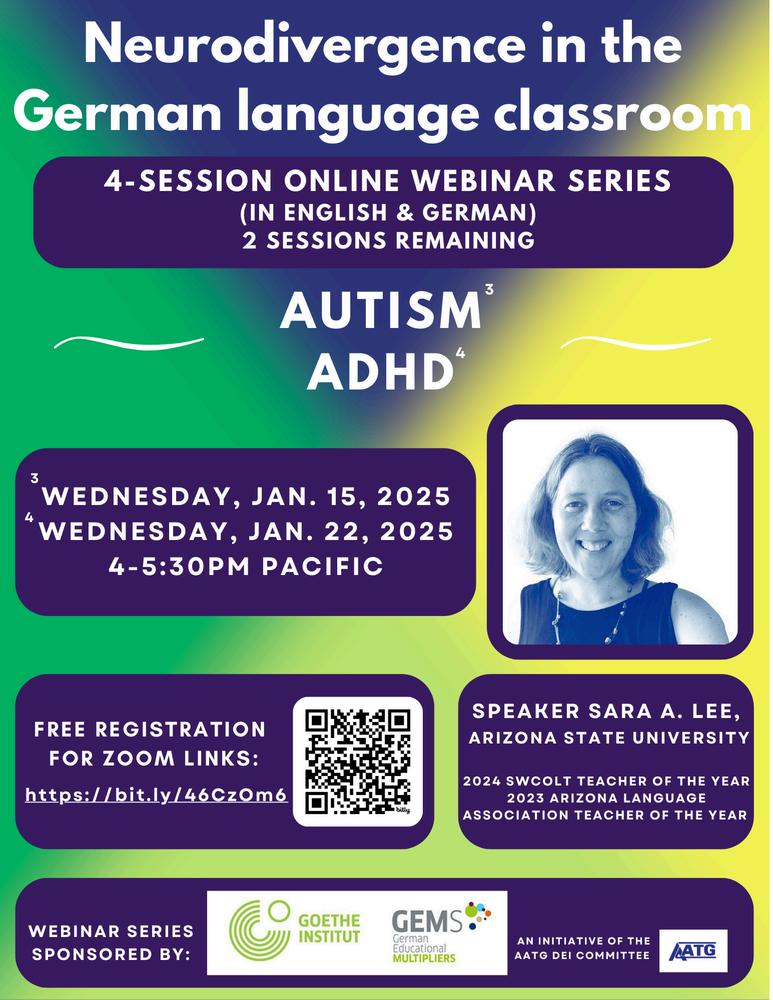

The DEI Committee is pleased to welcome back Professor Sara A. Lee for the two remaining sessions of our four-part webinar series, “Neurodivergence in the German language classroom.”
Sara teaches at Arizona State University and is a Goethe-Institut German Educational Multiplier (GEM).
The Committee is sincerely grateful to have the support and sponsor-ship of the GoetheInstitut GEM Network to make this webinar series possible.
We hope you were able to join us for Sara’s sessions in the fall, where she presented on dyslexia and provided a theoretical basis and practical materials for assessing, addressing, and adapting to German language learners with dyslexia. Both recorded webinars and all presentation materials can be accessed here.
This winter, Sara’s remaining two sessions will address autism and ADHD, respectively. During each session, Sara will focus on one topic and examine how educators can best work with neurodivergent learning communities in the context of German learning and teaching. The webinars will take place on Wednesday, January 15, and Wednesday, January 23, 2025.
Interested participants are kindly requested to register for free for each event. Recordings of each session and other resources will be made available to registrants afterward.
Please continue reading to learn more about Sara’s thoughts on autism and ADHD below We look forward to seeing you at the upcoming webinars in January!

Sara A. Lee (SAL), webinar presenter & interviewee (bolded
typeface)
Chiann Tsui (CT), DEI Committee member & interviewer (italicized typeface)
CT: How has your research on learning disabilities such as autism and ADHD changed your general teaching strategy?
SAL: I think the biggest change has been a gradual change throughout the years, realizing that empathy and listening to each learner’s individual needs is more important than any learning objective or grade. Any vocabulary word, grammatical structure, or other piece of knowledge can be gained at any point. However, the learner’s confidence (and this is true for any learner, not just the neurodiverse learner) is what we have to protect and build up the most. The learning will follow automatically. To the same extent, it is the realization that one of the most important skills for teachers is to be able to address the heterogeneity in the classroom. Every learner is so unique, and if we spend the time to listen to their needs and offer different avenues of learning, we will create a learning environment that is made for the students, not mold the students to fit into the environment that we have created. That being said, I need to mention that both of these ideas are ideals that I was never able to fully achieve due to the systemic challenges (big classes, no time, overworked teachers...). However, I also know that every little bit helps, and I will not stop trying.
CT: What is a misconception that you are eager to clarify regarding learners with autism and learners with ADHD?
SAL: Anyone can learn a second language. Especially when looking at autism and ADHD, these learners have significantly different strengths and challenges that they bring to the classroom. A one-size-fits-all approach is almost never working in the classroom, but even less for neurodiverse learners. So, finding ways to use the learners’ strengths as an advantage is necessary to pave the road to success. Due to funding challenges, more and more states and school districts decide to give neurodiverse learners accommodations that go as far as excusing them from a second language requirement. We must strongly advocate for everyone to learn a second language. By excusing learners from learning a second language, we strip them of important skills that they need for future success, which means we take important opportunities from them rather than supporting them.
CT: What advantages might world language teachers have when it comes to supporting students with autism and students with ADHD?
SAL: As we all know, cultural learning is the most meaningful and most exciting part of language learning. Acquiring a second culture also means that our learners often feel like they can adopt a new (cultural) identity. Neurodiverse learners often experience that they are always seen as ‘the autistic kid’ or the ‘kid with ADHD’. Learning a new language offers them a different avenue of exploring who they are in a new culture. Ideally, they even see how they can embrace their neurodiversity through the new cultural lens. Seeing neurodiverse learners go through this experience is extremely meaningful as a teacher.
CT: What might be a change that all language teachers could consider making in order to benefit neurodivergent learners in their classrooms?
SAL: The change of perspective. If you look at your learners, what is the ideal learning environment for them? This does not mean (because it is impossible) to create this environment for each learner always. But just the change of perspective, and a very small change can have a major impact. Often, even asking the learner what they need or what you, as the teacher, can do to support them, makes them heard and supported. Also, realizing as a teacher that any small step is so important for our neurodiverse learners. It could be that a dyslexic student can take a picture of the whiteboard instead of writing it down. Or the autistic learner who can stay in the same group for the first three weeks to feel less pressure in the new social environment. The ADHD student hands out all worksheets to get the extra physical activity that they need to be able to focus again. Any of these small steps are huge for the individual learner.
CT: What can participants expect from your webinar sessions on autism and ADHD in the German language classroom?
SAL: We will talk a little bit about what ADHD and autism are since both are spectrum disabilities that can present in a wide variety in the classroom. Then, we will talk about the strengths and challenges of these learners and ways to support them in the classroom. We will discuss several different ‘typical’ activities that we do in our classrooms and how we can adapt them to address the heterogeneity of each learner.

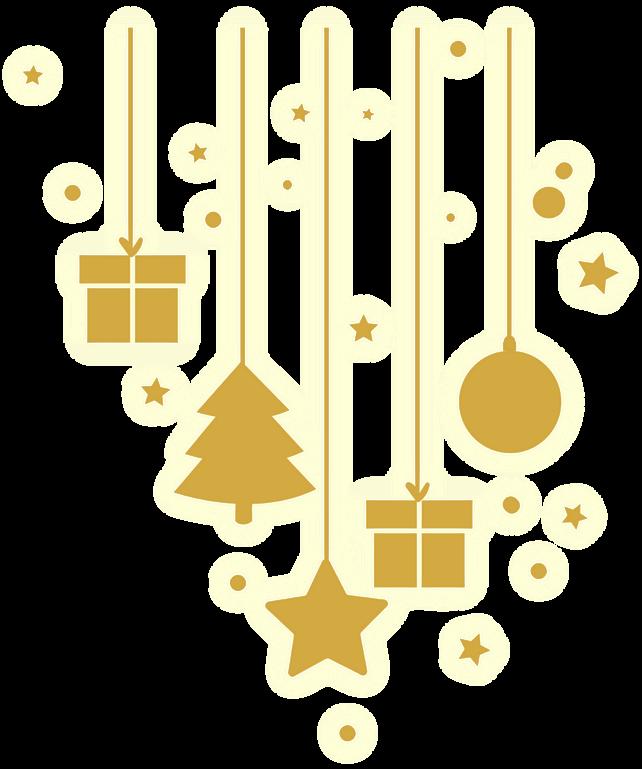
Shop the AATG Store this holiday season for all your German-language stocking stuffers, and get a great deal on promotional items!


The AATG Fundraising Committee would like to extend a herzliches Dankeschön to everybody who donated to AATG in 2024! AATG could not fulfill its mission without your generosity!
A special thank you to those who donated to make possible the matching fund challenge during our 2024 Fall Fund Drive. We reached our goal and raised more than $40,000 during our Fall Fund Drive!
We know there are many AATG members who have donated on a regular basis and who continue to do so even beyond retirement. Please feel free to reach out to Mike Shaughnessy if you would like to consider AATG in your will. Thank you for your continued support of the mission of AATG and the next generation of students and educators of German!
We extend a special thank you to those who have donated for the first time this year. Please know that donations in all amounts are much appreciated.
The AATG Centennial Campaign seeks to raise $1,926,000 by 2026 Achieving this ambitious goal will ensure the longevity of AATG and its programs for students, educators, and the community. Thanks to the generosity of our donors, we are close to achieving this goal and hope to raise the missing $400,000 in the next two years. I know this sounds like a lot of money, and it is a lot of money, however, if we break this amount down by $1,926 per donor it would look like this: If 208 members gave $80 per month over the next 24 months, we will have raised $400,000 and completed the AATG Centennial Campaign by 2026. If $80 per months sounds impossible, consider $40 per month, which is $10 a week, in which case we would need 416 members to commit to donating $1,926 over the course of the next 24 months We are grateful for any and all donations and look forward to celebrating the completion of the AATG Centennial Campaign in 2026 with you as a 1926 Centennial Member!
Why give to AATG? AATG’s mission is to foster excellence in teaching and learning German, a timeless mission that manifests in all the work the AATG is engaged in. All of us, the AATG staff, the AATG Board of Directors, AATG chapter officers, AATG volunteers from editors of our publications to committee members, and, most importantly, you, the AATG members make vital contributions to our community. Donations by members demonstrate their commitment to AATG and ensure that this vital and transformative work is funded in the future
We wish you all the best during this holiday season and a happy and successful 2025! Sincerely, on behalf of the AATG Fundraising Committee

Susanne Rinner Chair, AATG Fundraising Committee
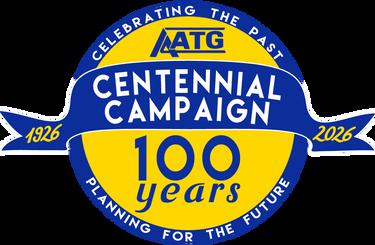
On December 18, 1926, a first meeting of German teachers took place in New York where officers were elected, and the American Association of Teachers of German was born In 2026, we will be celebrating the 100th year anniversary of our organization’s founding and need your help in developing content and contributing chapters!
We are envisioning approximately eight sections, with chapters addressing different aspects of AATG’s history. The following outline is flexible and additional suggestions for chapter foci are welcome!
2.
Institutional History of the AATG: Before the AATG (Nationaler Deutsch-Amerikanischer Lehrerbund, Monatshefte), 1870– 1918; AATG, 1926–1945; AATG, 1945–1989; AATG, 1989–present; AATG chapters 1 AATG’s Mission of Teaching and Learning German: The context of teaching German in the US; German teacher education; professional learning of German teachers; study abroad; textbooks; materials development; online teaching; AATG and the job market; advocating for German; language standards
3
The AATG and Primary and Secondary Education: Enrollment trends; preparing and accrediting German teachers; the bilingual and immersion school movement; materials for younger learners; Sprach- and Samstagsschulen; summer immersion camps
4
5.
7.
8
3
The AATG and Higher Education: Enrollment trends (majors/minors); community colleges; four-year colleges and universities; small German departments; the undergraduate German curriculum; graduate programs; preparing the future professoriate
The Journals of the AATG: Research and the AATG; The German Quarterly; Die Unterrichtspraxis/Teaching German; AATG newsletters

Diversity, Equity, and Inclusion: Diversity initiatives; gender and the AATG; the AATG’s Jewish roots; the AATG and Black Studies; the AATG and LGBTQ+; FL-A-CH; neurodiversity and dis/ability; the AATG and White Supremacists; additional chapters welcome
The AATG and its Professional Partners: MLA; NFMLTA; ACTFL; JNCL-NCLIS; WiG; GSA; DAAD; the Goethe-Institut; AAUSC; IDV
Proposed Chapter Structure [4,000-8,000 words, including references]
Introduction: Short introduction that engages reader in chapter’s topic 1
4.
The AATG and Cultural Exchange: The Federal Republic of Germany; the German Democratic Republic; Austria, Switzerland, Liechtenstein
In line with AATG’s longstanding commitment to collaboration, each contribution should be written by author teams, with at least one more experienced AATG member and at least one more junior teacher-scholar Abstract submissions by teams and by individuals are welcome The editorial team is happy to help single authors identify co-authors

Historical Overview: Critical, historical overview of topic as it relates to AATG and/or its members This section should draw on historical documents and existing research Some chapters may include conceptual, theoretical, and/or historical background related to the topic. Others may focus on the experiences of AATG members (e.g., via interviews). Depending on the topic, contributors should articulate the methodological approach adopted. 2
Themes and Leitmotifs: Discussion of 3-4 themes emerging in the historical overview, focusing on AATG’s role in this area This may include discussion of key AATG members’ contributions, particular challenge areas, controversaries in the field, impact on language education and/or scholarship, among others

Future Directions: What is next for this area in AATG’s work? What are current and future challenges, how might we face them, what opportunities exist in the field and AATG community, and how do we take advantage of them? (For chapters pertaining to AATG’s institutional history, contributors are encouraged to write on the impact of the legacy for the future of the organization and German teachers in the US )
Conclusion: Short conclusion that recaps article 5
Timeline: 350-word abstracts due February 1, 2025. Writing workshops planned for interested contributors throughout 2025
Manuscripts (in English) due January 16, 2026. Publication of volume expected 2027.
Planning Committee: Carrie Collenberg-Gonzalez (carriecollenberg@pdx.edu), Carol Anne Costabile-Heming (carolanne.costabileheming@gmail.com), Cori Crane (cpcrane@ua.edu), William Layher (wlayher@ladueschools.net), Melanie Mello (mlnmello@yahoo com), Carl Niekerk (niekerk@illinois edu), and Susanne Rinner (rinnersusan@gmail com)


EEst. July - December 2024 st. July - December 2024

Liberty High School (Missouri Beta Alpha)
East Mecklenburg High School (North Carolina Beta Nu)
Baldwin High School (Pennsylvania Iota Rho)
West Ashley High School (South Carolina Alpha Sigma)
Montgomery Central High School (Tennessee Alpha Upsilon)
Timberline High School (Washington Alpha Delta)
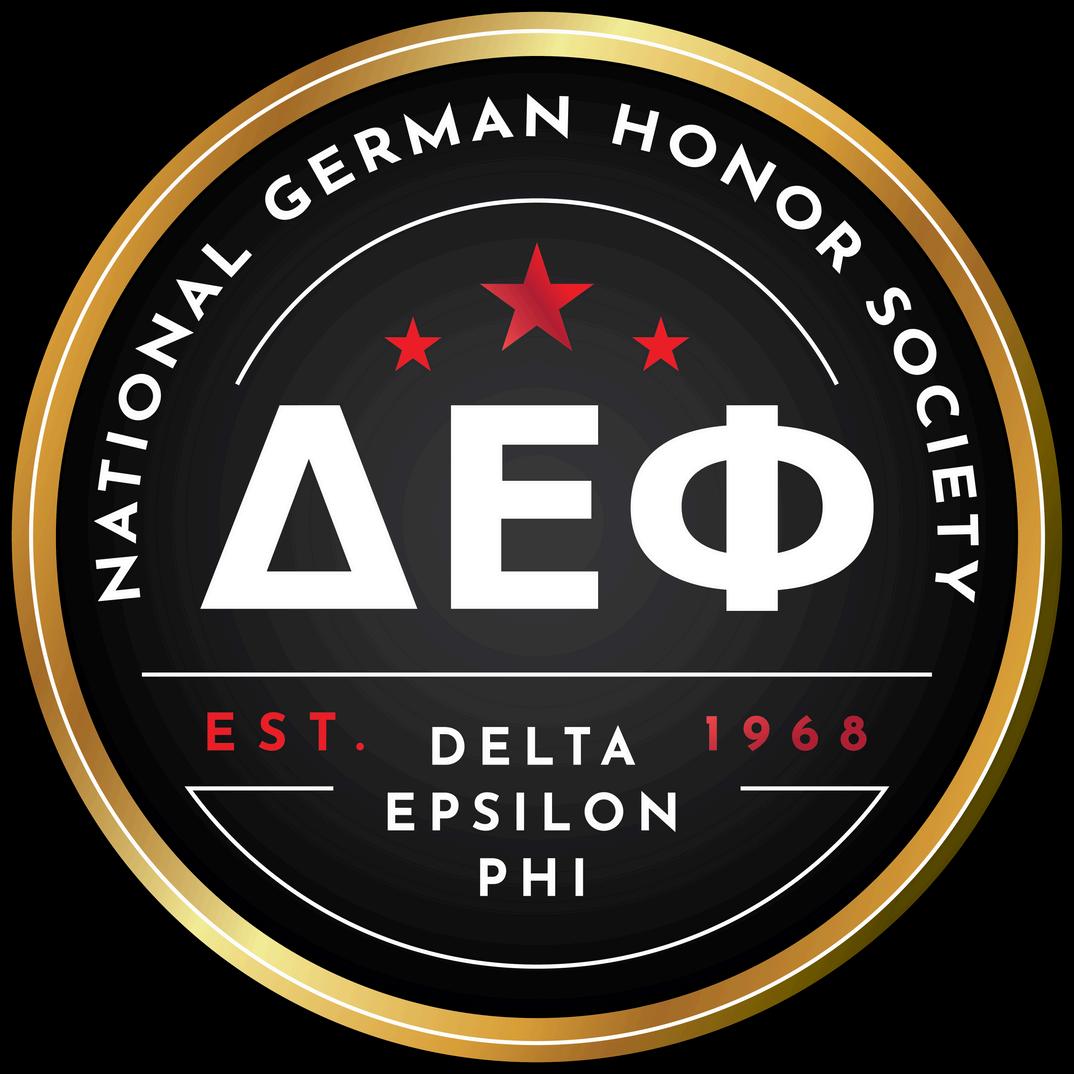
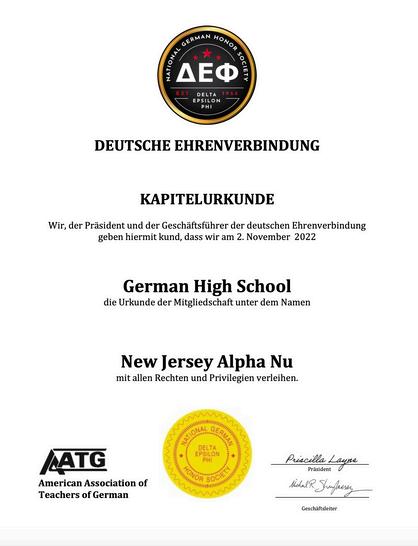


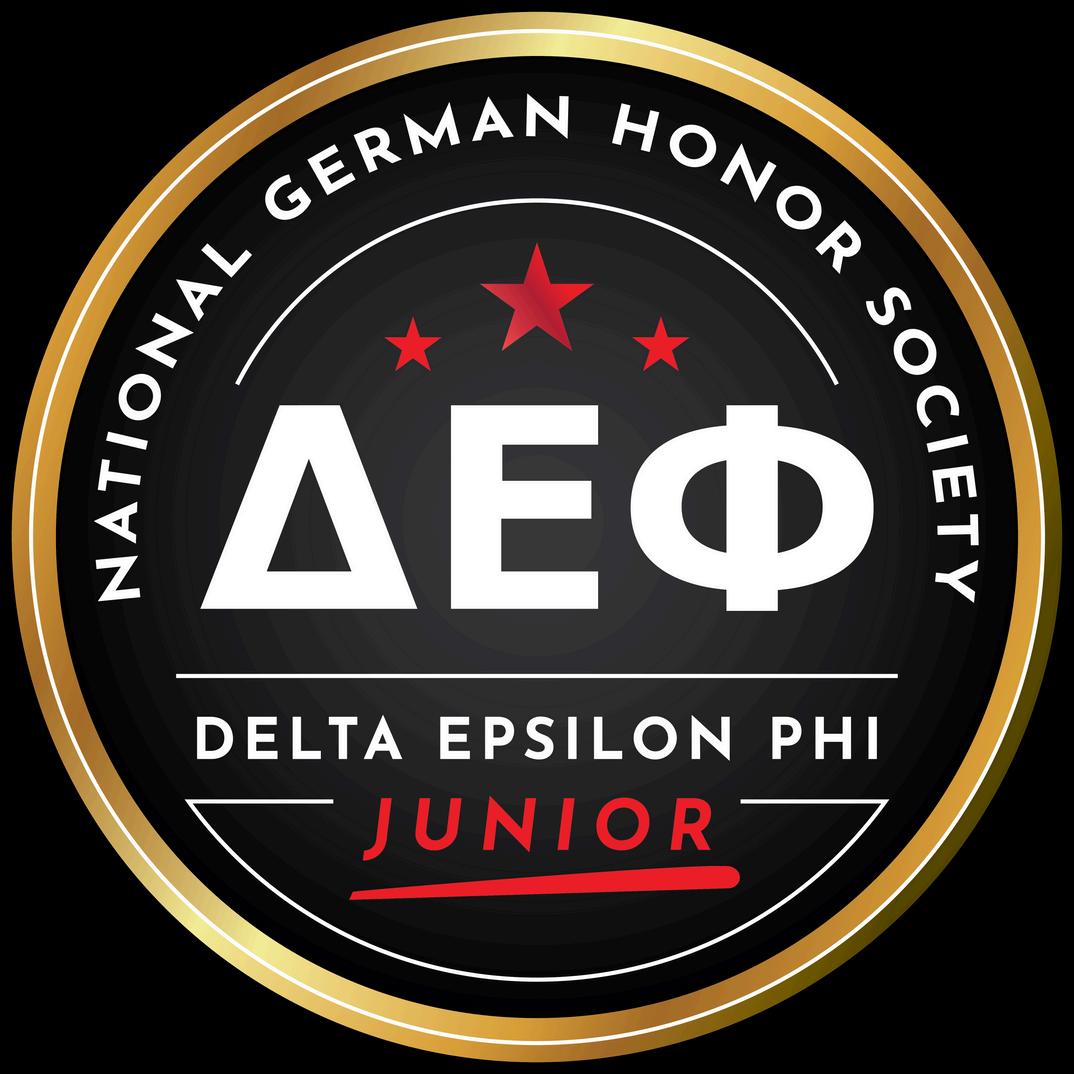
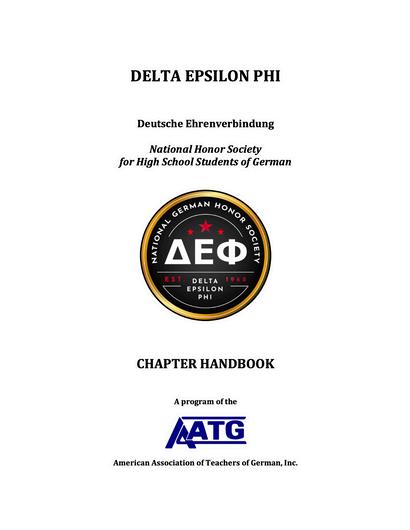
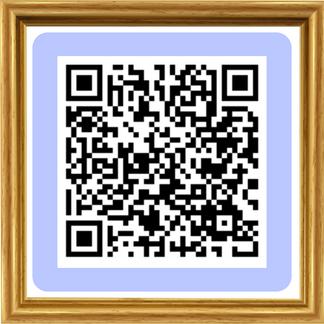
Application deadlines approaching!



Application deadline: January 19, 2025
To apply, visit: aatg.org/summer-study
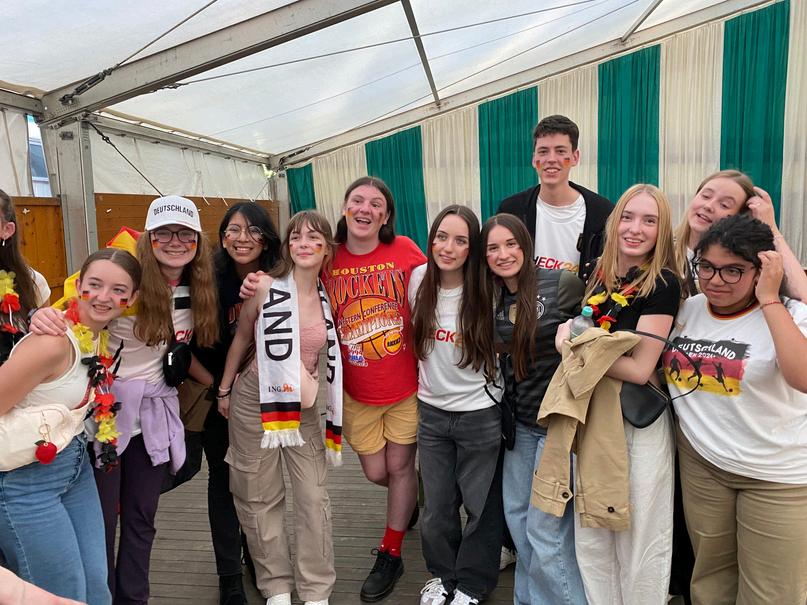
2025 Program Sites and Dates
Wölfersheim, June 16 – July 4, 2025
Bovenden, June 16 – July 4, 2025
Kleve, June 23 – July 11, 2025
Öhringen, June 23 – July 11, 2025
Heidelberg, June 30 – July 18, 2025
Kellinghusen, June 30 – July 18, 2025

July 2-August 1, 2025
July 2-August 1, 2025
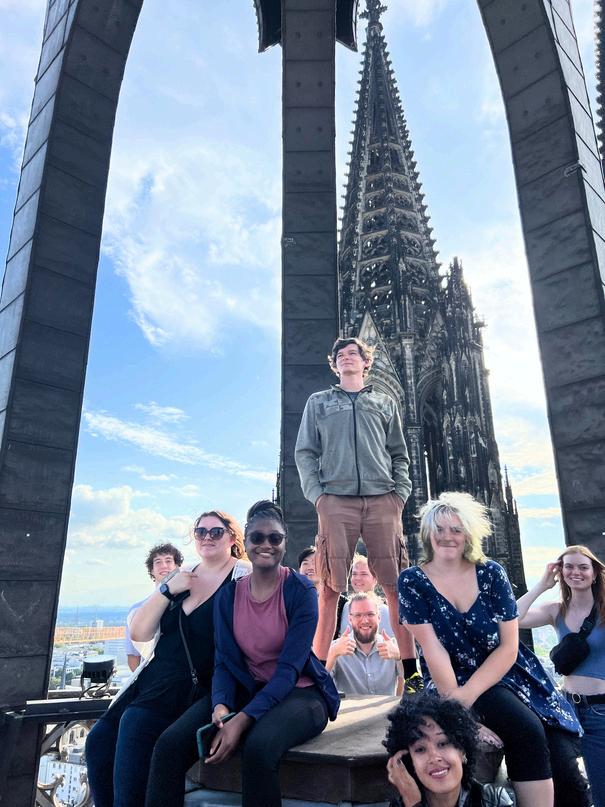
Cologne, Germany Cologne, Germany
Application deadline: February 15, 2025
To apply, visit: aatg.org/college-summer-program
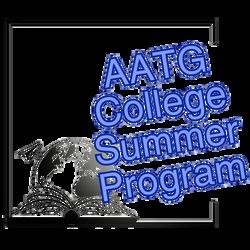


Free Gold, Silver, Bronze, Achievement, and Participation certificates are available in color for teachers to download and print. Certificates showcase the student’s name, level, percentile score, teacher name, and school name.
Gold, Silver, and Bronze medals are mailed to chapters to recognize the highest percentile rankings on the NGE.
Students who achieve the highest percentile rankings on the NGE are recognized on AATG’s NGE Honor Roll Winners are searchable by level, state, and AATG chapter. The Honor Roll recognizes students, their teachers, and their school.
Students who achieve the 90th percentile and meet other eligibility requirements can apply for the AATG/PAD NGE Scholarship. a three-week trip to Germany provided by the German government in the summer following the Exam.
In addition to NGE medals, Chapter Testing Chairs receive a number of prizes from AATG to distribute to students and teachers who participate in the NGE, such as book awards.

The exam is now in its 65th year!
15,000+ students across the US take the exam annually
Qualifying students in the 90th percentile can apply for the AATG/PAD National German Exam Scholarship, a three-week study trip program to Germany
End of regular registration period: December 15, 2024
Late registration period ($30 late fee): December 16, 2024 - January 26, 2025
Exam dates: December 1, 2024 - January 26, 2025
Make-up Exam Dates: January 27, 2025 - January 31, 2025
www.nge.aatg.org
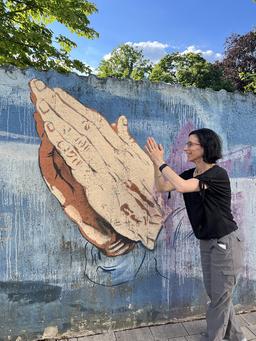

As fellow educators, we all strive to bring the best and most engaging content to our classrooms. One invaluable resource that can significantly enhance our teaching practice is the journal Die Unterrichtspraxis/Teaching German. This publication, supported by the American Association of Teachers of German (AATG), offers a wealth of articles that are not only informative but also highly relevant to our daily teaching experiences I will admit that my perspective as one of the co-editors is positively biased; I really like reading what our authors write. Yet, as a certified teacher of German (and Russian), I also remember what is needed and wanted at high schools, even after years of working at a university.
Here are a couple of reasons why you should consider making our journal, the journal of the AATG, a regular part of your professional reading.
(1) One of the standout features of Die Unterrichtspraxis/Teaching German is its focus on both established and innovative teaching strategies. For instance, the most recent Fall 2024 issue includes an article on "Putting PACE into action to teach grammar in a high school German classroom." And this paper is not only written for high school teachers but also written by a high school teacher. Helen Miller enriches her discussion of the PACE model (Presentation of meaningful language > Attention to form > Co-construction of an explanation > Extension activities) with examples of materials from her own classroom. (2) The journal also tackles contemporary challenges that we face in the classroom. Issue 56.1 in 2023 looked at “(Re-)Discoveries in a time of disruption.” These Forum Articles addressed disruptions, many of which were either amplified or triggered by the COVID-19 pandemic. Several articles touched on student well-being, their language learning motivation, and the challenge of keeping language classes open. The second issue in 2023 focused on diversity, equity, inclusion, and access. These examples speak for themselves. (3) Die Unterrichtspraxis/Teaching German is not just about theory; it offers practical applications that we can implement immediately. The article “Effective warm-ups in the Germanlanguage classroom: Form and function” by Braden Marie Ross, for example, explains the important elements of useful and engaging warm-up activities and provides a wealth of concrete examples with the materials needed.
(4) Regularly reading this journal also contributes to our professional development By staying informed about the latest research and trends in German language education, we can continue to grow as educators and can better serve our students. (5) And you don’t have to take my word for it In last year’s volume, we had not one but four award-winning articles: James M. Stratton won the Paul Pimsleur Award for Research in World Language Education for his article “Implicit and explicit instruction in the second language classroom: A study of learner preferences in higher education ” For this award from ACTFL, Theresa Schenker and Lieselotte Sippel received an honorable mention as the close runners-up for their article “Effects of extended exposure to video in the language classroom on listening proficiency ” And AATG also made two awards for articles of last year. The Praxis Article “Contextualizing DEIA in the German language classroom: Terminology and history, DDGC and recent developments, and practices and resources” by Magda Tarnawska Senel received the Best Article Award; and Priscilla Layne got an honorable mention for the best Forum Article entitled “Teaching German from a decolonial perspective: Critical dystopia as critique of race, gender, and class in Unternehmer.” As a member of the AATG, you have full access to these articles. These four pieces and some others are also freely available to non-members for a limited period. Enjoy reading these and other articles and share this valuable information with teachers of other languages and enthusiasts of (learning) German, so that they too can become informed readers of Die Unterrichtspraxis/Teaching German.
Mathias Schulze
Co-editor Die Unterrichtspraxis / Teaching German
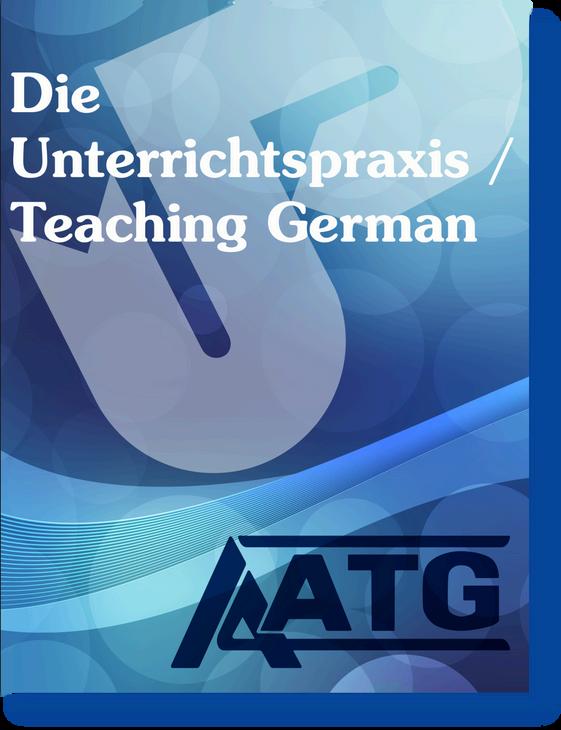
https://pantarhei.press/mat
Back to school night at Sparta Middle School (NJ):
by Mike Bendorf
Back to school night is the primary event for parents and families to meet the teachers and learn about the language programs. They often share how positive their students’ experiences have been so far. Some parents are surprised to hear that we spend most of the time in the target language and use authentic materials, even at the earliest levels/grades.
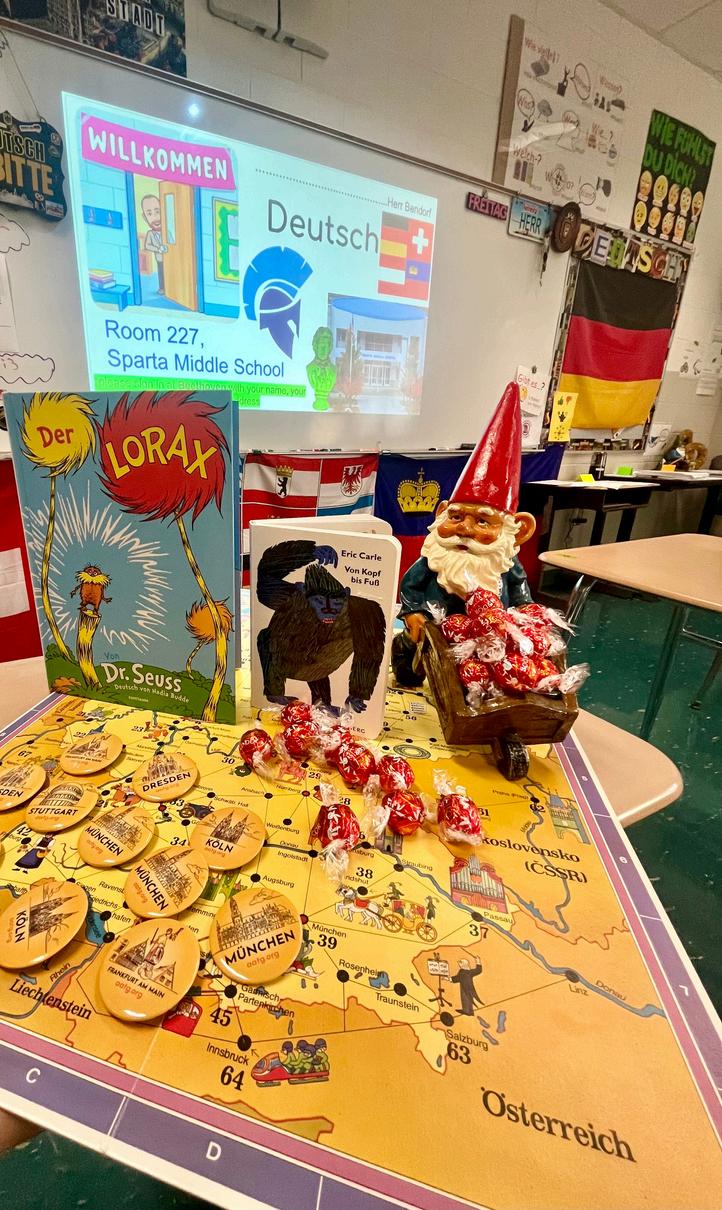
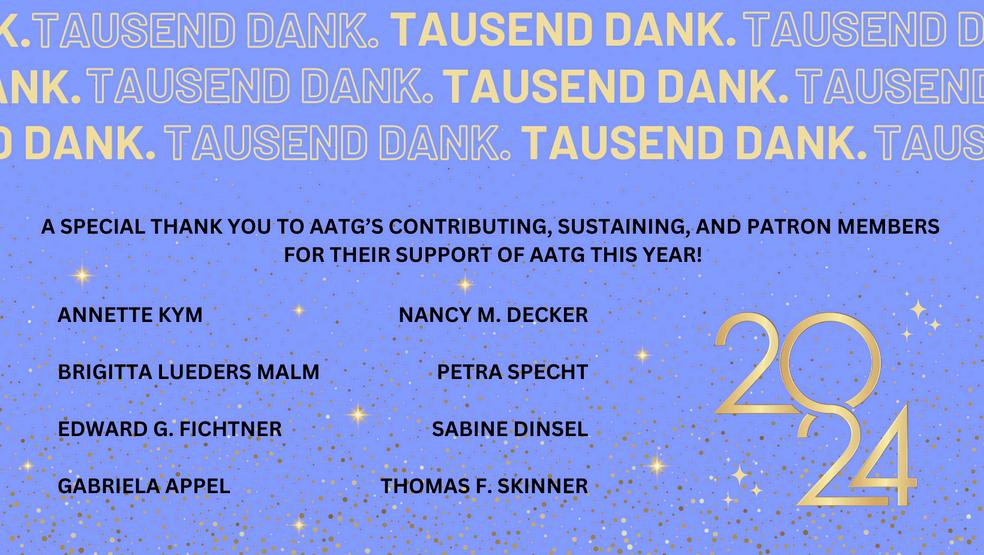

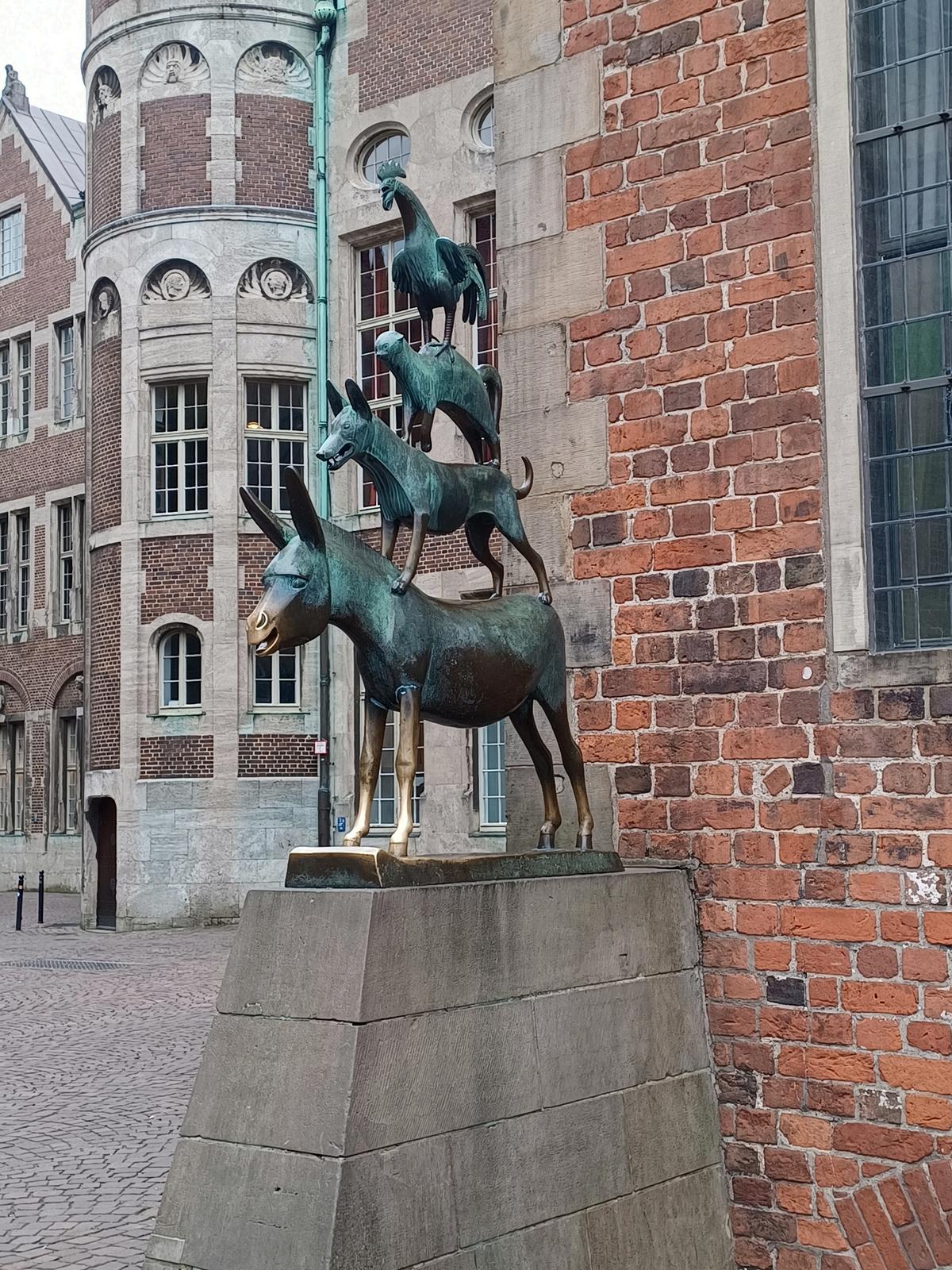

X p e r i t a s o f f e r s e x c e p t i o n a l
s u p p o r t f o r G A P P
p r o g r a m s a n d o t h e r
e x c h a n g e p r o g r a m s w i t h
G e r m a n p a r t n e r s c h o o l s .
W i t h o v e r 5 0 y e a r s o f
e x p e r t i s e i n s t u d e n t
l a n g u a g e i m m e r s i o n t r a v e l ,
X p e r i t a s i s y o u r t r u s t e d
p a r t n e r i n c r e a t i n g
m e a n i n g f u l c o n n e c t i o n s
a n d l i f e l o n g m e m o r i e s .

W h e n X p e r i t a s h e l p s y o u p l a n a n e x c h a n g e p r o g r a m a n d
i t i n e r a r y w i t h y o u r G e r m a n p a r t n e r s c h o o l s , w e p r o v i d e
c o m p r e h e n s i v e s u p p o r t t a i l o r e d t o y o u r s p e c i f i c r e q u i r e m e n t s , e n s u r i n g t h a t y o u r s t u d e n t s h a v e t h e m o s t e n r i c h i n g a n d
u n f o r g e t t a b l e e x p e r i e n c e s a b r o a d !
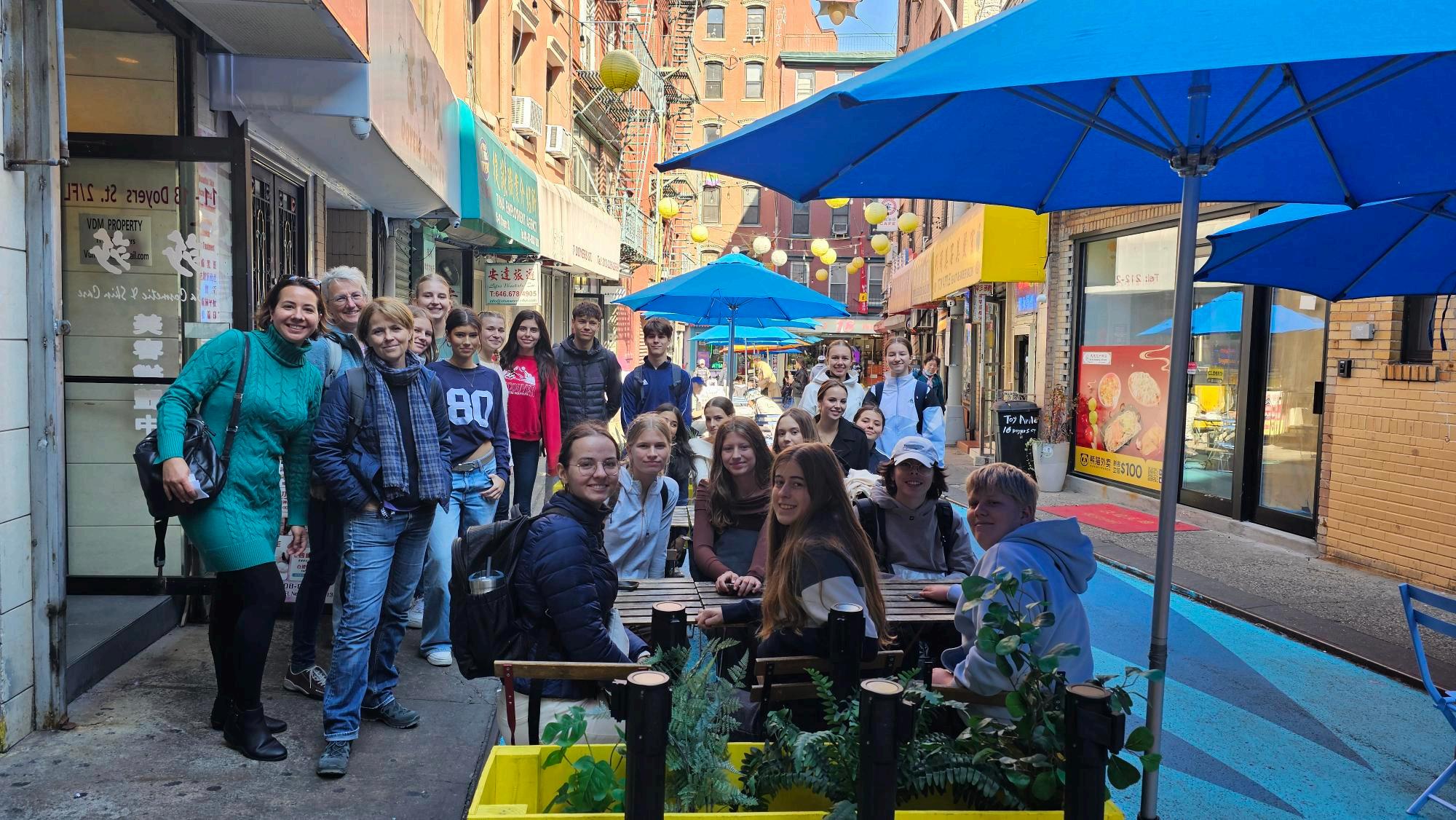
• T r a v e l I n

Receive a travel grant when you AND your German partner school travel with Xperitas DUAL EXCHANGE GRANT

Deutsche Schulen in Houston feiern den Tag der Deutschen Einheit
Zu meinem Antrittsbesuch als Fachberater für Deutsch hatte ich Anfang Oktober die Gelegenheit, drei renommierte DSDSchulen in Houston persönlich kennenzulernen. Diese Bildungseinrichtungen zeichnen sich durch ihr herausragendes Engagement in der Vermittlung von Deutsch als Fremdsprache und der deutschen Kultur aus. Der Zeitpunkt der Besuche hätte nicht passender sein können, da sie mit den Feierlichkeiten zum Tag der Deutschen Einheit zusammenfielen.
Geschichte lebendig gemacht an der British International School
Die British International School of Houston (BISH) empfing uns - den deutschen Vizekonsul in Houston, Markus Hatzelmann und mich - in ihrer beeindruckenden, hochmodernen Schulanlage. Die Schülerinnen und Schüler präsentierten einen bewegenden Rückblick auf die Geschichte der deutschen Teilung und Wiedervereinigung, der die historischen Ereignisse für die junge Generation greifbar machte. In diesem festlichen Rahmen überreichte ich der Schule die PASCHPlakette als Symbol der Zugehörigkeit zum weltweiten PASCHNetzwerk. Anschließend übergaben Herr Hatzelmann und ich gemeinsam die DSD I Diplome an die erfolgreichen Absolventinnen und Absolventen der Schule.
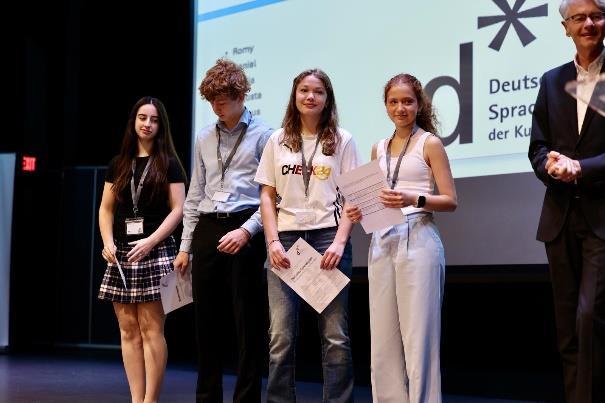
Die Aula der Schule verwandelte sich dank des Engagements von Lehrkräften und Eltern im Anschluss in einen lebendigen Marktplatz deutscher Kultur: An Ständen konnten die Schüler frische Brezeln genießen, sich bei Quizspielen mit ihrem Wissen über Deutschland messen und kreativ werden beim Gestalten von Abzeichen zum Tag der Deutschen Einheit.
AWTY International School: Zwischen Tradition und Moderne
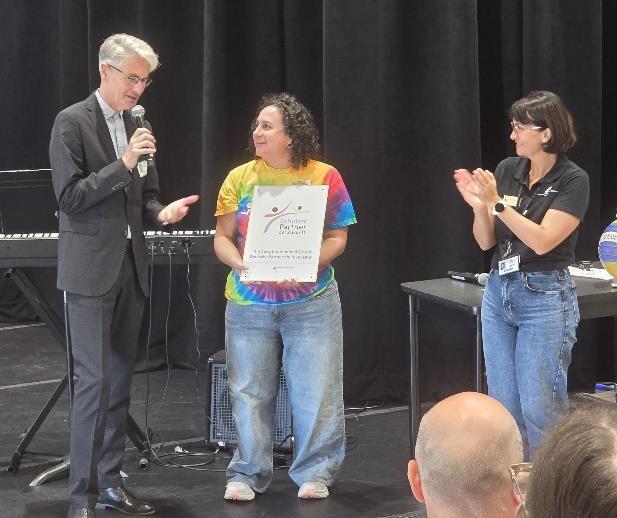
Die AWTY International School beeindruckt ebenfalls durch ihre state -ofthe-art Einrichtungen und eine durchdachte Architektur, die moderne Pädagogik optimal unterstützt. Die hellen, technisch hervorragend ausgestatteten Klassenräume und die einladenden Gemeinschaftsbereiche schaffen eine Lernumgebung, die Kreativität und akademische Exzellenz gleichermaßen fördert.
Übergabe der PASCH -Plakette an der AWTY
International School Foto: Lioba Royal
In diesem inspirierenden Ambiente erlebten wir eine besonders kreative Interpretation der deutschsprachigen kulturellen Traditionen. Die Schülerinnen und Schüler begeisterten mit einer informativen Präsentation zum Münchner Oktoberfest. Ein besonderer Höhepunkt war ihre hinreißende Interpretation des Nena-Klassikers "99 Luftballons" – ein Song, der nicht nur Erinnerungen an die 1980er Jahre weckt, sondern in der heutigen Zeit eine neue, bemerkenswerte Aktualität erfährt.
Auch hier wurde die PASCH-Plakette in einem würdigen Rahmen übergeben, und gemeinsam mit Vizekonsul Hatzelmann durften wir den erfolgreichen Prüflingen ihre DSD I Diplome überreichen. Diese Erfolge sind das Ergebnis intensiver Arbeit und spiegeln das außergewöhnliche Engagement aller Beteiligten wider: der fleißigen Schülerinnen und Schüler, ihrer unterstützenden Eltern und nicht zuletzt der hochengagierten Deutschlehrkräfte, die mit ihrer dedizierte Arbeit diese Leistungen erst möglich machen.
Besuch der German School of Houston Bellaire
Am 5. Oktober besuchte ich dann auch die German School of Houston Bellaire. Der Empfang durch die Schulleiterin Frau Ute Eisele, die Elternvertreter, das Lehrerkollegium und die Schülerschaft war außerordentlich herzlich. Eine eindrucksvolle Ausstellung zum Thema "Deutsche Teilung und deren Überwindung" zeugte von der tiefgehenden Beschäftigung mit diesem wichtigen Kapitel deutscher Geschichte.
Fazit
Die Besuche zeigten eindrucksvoll, wie lebendig die deutsche Sprache und Kultur in Texas gepflegt werden. Die hochmodernen Schulanlagen der BISH und der AWTY International School bieten ideale Voraussetzungen für zeitgemäßes Lernen. Die Aufnahme in das PASCH-Netzwerk und die erfolgreichen DSD I Prüfungen stärken die deutsch-amerikanischen Bildungsbeziehungen und eröffnen neue Perspektiven für den interkulturellen Austausch.
Bericht: Robert Schatz, atlanta@auslandsschulwesen.de
Diplomübergaben an der Westküste
Gleich an drei Orten konnten sich die Schülerinnen und Schüler der DSD-Schulen über ihre Diplome zu den bestandenen DSD I- und DSD II Prüfungen freuen.
SAGA in Seattle bietet immer einen feierlichen Rahmen
An der Seattle Area German American School (SAGA) in Seattle fand in diesem Jahr in einem feierlichen Rahmen die Übergabe der Diplome an die Schülerinnen und Schüler der beiden DSD-Schulen im Pazifischen Nordwesten statt. Die Eastside German Language School mit Schulleiterin Angrid Henning und die German Language Seattle mit Sc hulleiterin Birgit Zischke haben gemeinsam im Kirchenraum der SAGA die Diplome an ihre jeweiligen Schüler:innen verliehen. In ihrer Ansprache verwies die Fachberaterin der ZfA darauf, dass mit der DSD -Prüfung nicht nur eine Sprachprüfung abgelegt wird, sondern dass mit der Sprache auch eine Kenntnis der Kultur und Traditionen einhergeht. Sie unterstrich, wie wichtig
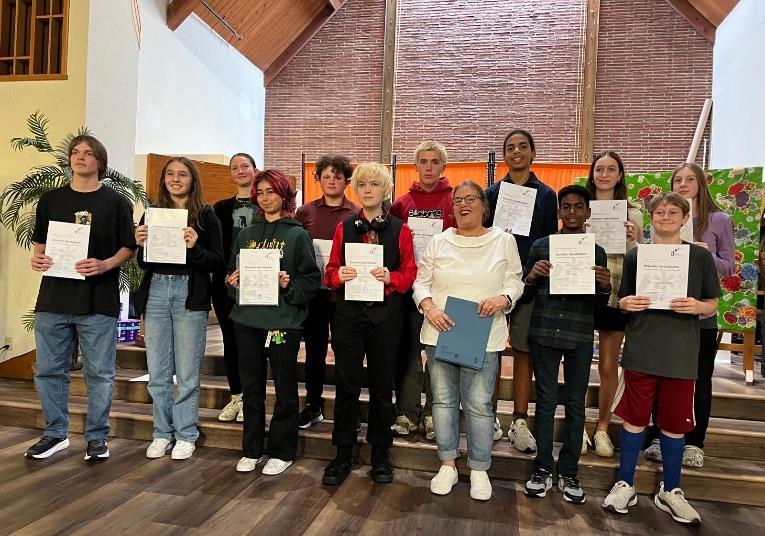
Die Tradition wird an der EBGIS fortgeführt
dieses Verständnis und der Austausch besonders in diesen Zeiten sind.
In ihrem virtuellen Grußwort verwies Franciska Obermeyer, die stellvertretende Generalkonsulin des Generalkonsulats San Francisco ebenfalls auf die Möglichkeiten, die die Kenntnis der deutschen Sprache für die eigene schulische und berufliche Karriere haben kann. David Robshaw, ein Schüler der EGLS, unterstrich mit seinen musikalischen Intermezzi auf der Geige den feierlichen Rahmen der Veranstaltung. Nochmals Glückwunsch an alle Absolvent:innen, die engagierten Lehrkräfte und ein großer Dank an die SAGA als Gastgeberin dieser tollen Veranstaltung.
Zum wiederholten Mal fand die Diplomübergabe für die Schulen der Bay Area/San Francisco an der East Bay German Immersion School (EBGIS) statt. Die EBGIS erwies sich dabei erneut als ein hervorragender Gastgeber für ca. 180 Personen, die an der sonntäglichen Veranstaltung teilgenommen haben. Eltern, Großeltern, Geschwister und Freunde konnten sich
von den herausragenden Leistungen aller Schülerinnen und Schüler überzeugen. Franciska Obermeyer machte in ihrer Ansprache deutlich, wie wichtig es für das Generalkonsulat ist, die Schulen zu unterstützen und hob den unschätzbaren Beitrag für die deutsch-amerikanische Verständigung und die transatlantischen Beziehungen, die die Schulen mit ihrer sprachlichen und kulturellen Basisarbeit leisten, hervor.
Die Fachberaterin der ZfA verglich in ihrem Grußwort das Erlernen einer Fremdsprache mit dem Prinzip der delayed gratification: Der Erfolg in einer Fremdsprache stellt sich erst nach einiger Zeit ein. Sie würdigte in diesem Zusammenhang das Durchhaltevermögen der Schülerinnen und Schüler, aber auch der Lehrkräfte und Eltern, die sich meist jeden Samstag auf den Weg in die Sprachschule machen. Das Diplom nun in den Händen zu halten als sichtbarer Beweis dieser Leistung hat nicht nur die Jugendlichen erfreut. Die Zeremonie wurde musikalisch erneut schwungvoll von Frank Muschalle, dem bekannten deutschen Jazz- und Boogie-Woogie-Pianisten, begleitet. Herzlichen Dank an Frank Muschalle und Petra Sprecht vom Excelsior German Center, die mit ihrer Spende einen kulinarischen Ausklang der Veranstaltung ermöglicht hat.
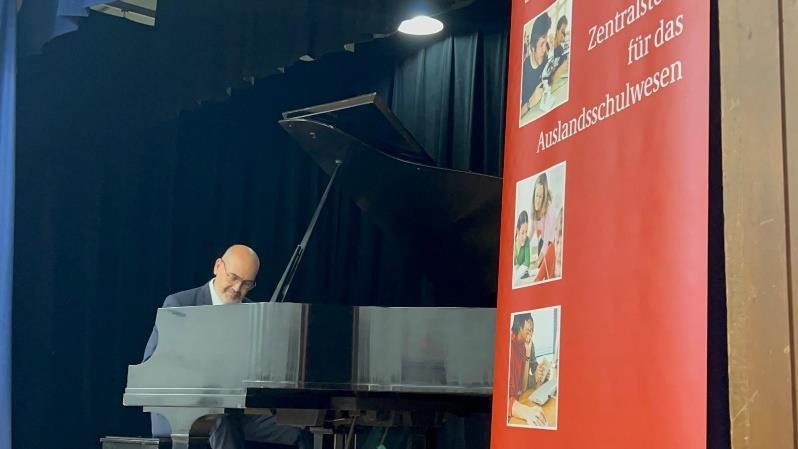
Jährliches Treffen an der SBDS (South Bay Deutscher Schulverein) in Campbell/ San Jose
Den Abschluss der Feierlichkeiten zur DSD-Diplomübergabe bildete die Veranstaltung an der SBDS in Campbell im Rahmen der jährlichen Mitgliederversammlung. Auch hier hat sich diese schöne Tradition herausgebildet, die Diplome im Rahmen dieser Veranstaltung zu verleihen. Die zahlreich anwesenden Familien, Freunde und Board-Mitglieder konnten sich von den Leistungen der Schülerinnen und Schüler überzeugen.
An der Veranstaltung nahm in diesem Jahr auch der Generalkonsul des Konsulats San Francisco, Oliver Schramm, teil. Er war einmal mehr beeindruckt von der Arbeit, die die die „Samstagsschulen“ leisten und hob deren Engagement lobend hervor. „Wir brauchen eure Basisarbeit und euer Engagement, um die deutsche Sprache und die deutsch-amerikanischen Beziehungen auch in Zukunft stabil aufrecht zu erhalten“, waren seine Worte. Neben der Anerkennung für die sprachliche Leistung hob die Fachberaterin der ZfA die besondere intensive Zusammenarbeit mit den Eltern hervor, die an der SBDS vorbildlich ist. Im Anschluss hatten die Schüler:innen der DSD-Klassen noch die Möglichkeit, Konsul Schramm über seine Tätigkeit zu befragen.
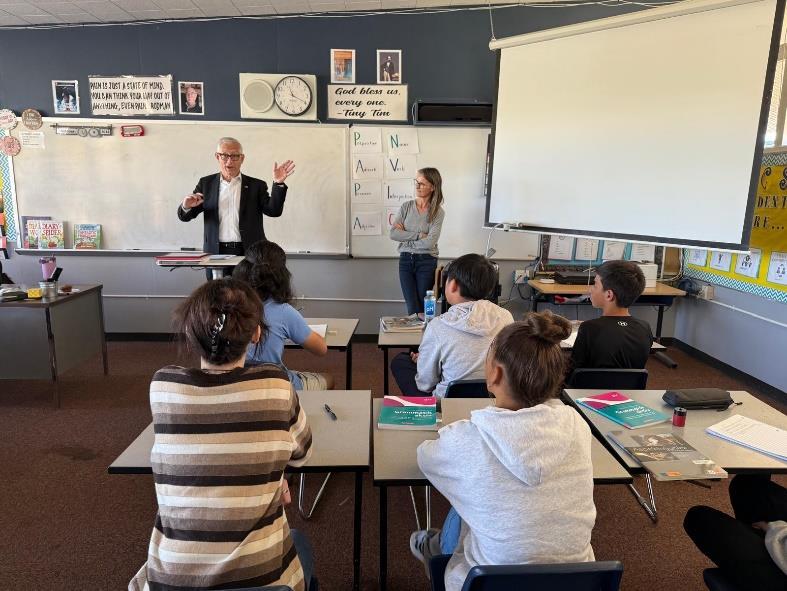
Bericht: Gabi Maiss-Minkler, sanfrancisco@auslandsschulwesen.de
Alumni im Interview: Sag mal, warum hast du Deutsch gelernt?
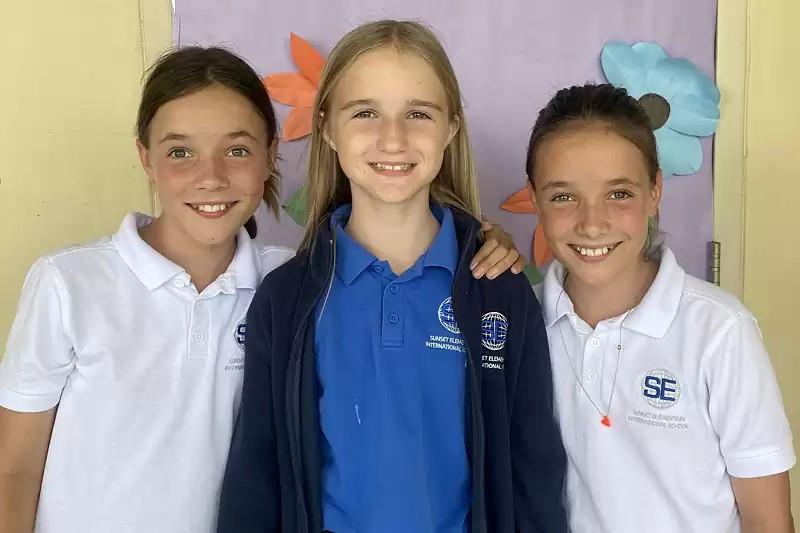

Fotos: Corinna Bolsterli
Die Schülerinnen und Schüler der PASCH-Schulen waren mit dieser Wettbewerbsfrage aufgerufen, ein Interview mit einem ehemaligen Schüler oder einer ehemaligen Schülerin, die an einer PASCH-Schule Deutsch gelernt hatte, zu führen. Warum hat er oder sie Deutsch gelernt? Was würde er/ sie heutigen Schülerinnen und Schülern raten, die vor der Wahl stehen, Deutsch zu lernen? Viele Schülerinnen und Schüler beteiligten sich an diesem Wettbewerb.
Hier das Interview von den drei PASCH-Schülerinnen Annabella, Maja und Ella von der G. W. Carver Middle School, Miami, Florida mit der Alumna Stephanie Almirola Schwander. Sie hat schon in der ersten Klasse an der Sunset Elementary School in Miami, Florida, angefangen, Deutsch zu lernen. Später hatte sie an der G. W. Carver Middle School, Miami, Florida und an der Coral Gables Senior High School, Florida, Deutschunterricht.
Warum haben Sie angefangen, Deutsch zu lernen?
Meine drei Brüder waren auch im Deutschprogramm und außerdem waren das Spanisch - und das Französischprogramm voll. Meine beiden ältesten Kinder sind jetzt auch im Deutschprogramm.
Gibt es ein Erlebnis mit Bezug zum Deutschlernen, an das Sie oft denken? Ja, der Schüleraustausch mit Deutschland, an dem ich teilnehmen konnte. Das war sehr schön und hat meine Neugier geweckt. Danach wollte ich immer mehr über Deutschland lernen. Auch die Architektu r hat mir gut gefallen.
Hat Ihnen Deutsch schon mal in Ihrem Beruf geholfen?
Nicht in meinem Beruf aber privat. Weil ich Deutsch spreche, konnte ich einen Schweizer heiraten und einen Schweizer Pass bekommen.
Was verbindet Sie heute noch mit Deutschland?
Mein Mann und ich reisen gerne nach Deutschland. Das ist immer schön.
Alle Interviews der Gewinner sind auf der Webseite von PASCH veröffentlicht: https://www.pasch-net.de/de/pasch-initiative/pasch-geschichten/warum-hast-du-deutsch-gelernt.html
Vielen Dank an alle Deutsch-Lehrkräfte, die ihre Schülerinnen und Schüler motiviert haben, an dem Wettbewerb teilzunehmen und sie dabei unterstützt haben!
Bericht: Anna Busch, newyork@auslandsschulwesen.de
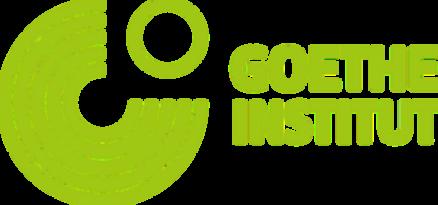
Liebe Kolleginnen und Kollegen,
das neue Jahr bringt viele spannende Entwicklungen und Angebote für alle, die sich in der Deutschlehrerausbildung und Sprachvermittlung weiterentwickeln möchten In dieser Vorweihnachtszeit freue ich mich, Ihnen mitteilen zu können, dass das Goethe-Institut kostenlose Deutsch Lehren Lernen (DLL)-Kursbücher an alle Deutschlehrkräfte verschenkt –Sie müssen lediglich die Versandkosten übernehmen. Diese Aktion ist eine wunderbare Gelegenheit, sich mit unserem überarbeiteten DLLProgramm vertraut zu machen, das 2025 mit einem neuen Fokus auf Lernerautonomie und interaktive Lernmethoden startet

Zusätzlich bieten wir für alle, die sich für Sprachkurse interessieren, ein umfangreiches Kursprogramm im Januar 2025 an. Unsere Online-Gruppenkurse und Sprachclubs bieten vielfältige Möglichkeiten, die eigene Deutschkompetenz zu erweitern und in einer motivierenden Gemeinschaft zu lernen. Nutzen Sie außerdem unsere Rabattaktionen, um von den besten Angeboten zu profitieren.
Für Lehrkräfte bieten wir auch einen interaktiven Workshop zur rassismuskritischen Unterrichtsgestaltung an. Dieser Workshop bietet praxisnahe Ansätze, wie diskriminierende Strukturen im Unterricht erkannt und vermieden werden können. Es ist eine wertvolle Gelegenheit, den eigenen Unterricht kritisch zu reflektieren und konkrete, rassismuskritische Prinzipien in die Unterrichtsgestaltung zu integrieren.
Wir sind stolz darauf, auch weiterhin mit Initiativen wie SPARK zu arbeiten, die den deutschen Unterricht in Schulen und Universitäten fördern und vielfältige Weiterbildungsangebote für Lehrkräfte bereitstellen. Unsere Programme stehen ganz im Zeichen der Förderung von Sprachkompetenz, interkultureller Verständigung und der Schaffung nachhaltiger Bildungsnetzwerke.
Ich freue mich auf ein spannendes Jahr 2025 mit Ihnen!
Im Namen aller Kolleg*innen der BKD USA wünscht Ihnen viel Spaß beim Lesen
Sebastian Vötter
Sebastian Vötter Leitung der Spracharbeit Nordamerika

Deutsch Lehren Lernen (DLL)
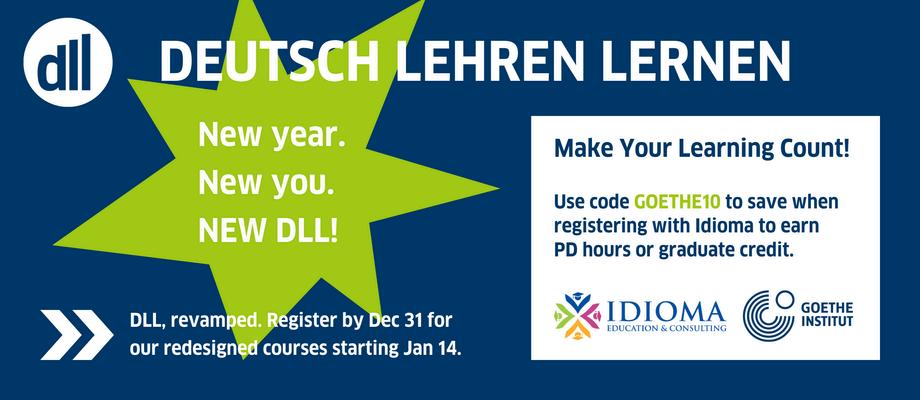
DLL: Neues Jahr, neuer Ansatz
Deutsch Lehren Lernen ist die Fortbildungsreihe des Goethe-Instituts für Deutschlehrkräfte auf der ganzen Welt. Nach 12 Jahren im Einsatz wurde DLL für 2025 überarbeitet, um Ihren Lernerfolg zu maximieren!
Die Neukonzeption legt einen stärkeren Fokus auf die Förderung der Lernerautonomie und ermöglicht es den Teilnehmenden, ihre Lernprozesse eigenständig zu gestalten. Die neuen Erkundungsaufgaben fördern eine forschende Haltung, während Reflexionsaufgaben als anonymisierte Leistungsnachweise dienen, die den Reflexionsprozess sowohl über die Inhalte der Einheit als auch das eigene Lehrverhalten anregen sollen Gleichzeitig bleibt das bewährte Kurskonzept weitgehend erhalten und passt sich nun noch besser an die individuellen Bedürfnisse der Lernenden an. Auch die verstärkte Nutzung von Portfolioarbeit und vereinfachten digitalen Tools wie Forum und Befragung trägt zur transparenten Dokumentation des Lernfortschritts bei. Zusätzlich werden digitale Bausteine zur Erweiterung der Einheit in den Kurs integriert

Mit dem Code GOETHE10 erhalten Sie 10% Rabatt auf Ihre neue Anmeldung über Idioma Education & Consulting, um Fortbildungsstunden oder Graduate Credit zu erwerben.
Melden Sie sich jetzt für die neuen DLL-Kurse im Winter an!
14 Januar- 25 März
Anmeldeschluss: 31. Dezember 2024
DLL4: Aufgaben, Übungen, Interaktion
DLL5: Lehr- und Lernmedien
DLL6: Curriculare Vorgaben und Unterrichtsplanung
DLL am Goethe-Institut
18 März- 27 Mai
Anmeldeschluss: 4 März
DLL1: Lehrkompetenz und Unterrichtsgestaltung
DLL3: Deutsch als fremde Sprache
Idioma Education & Consulting
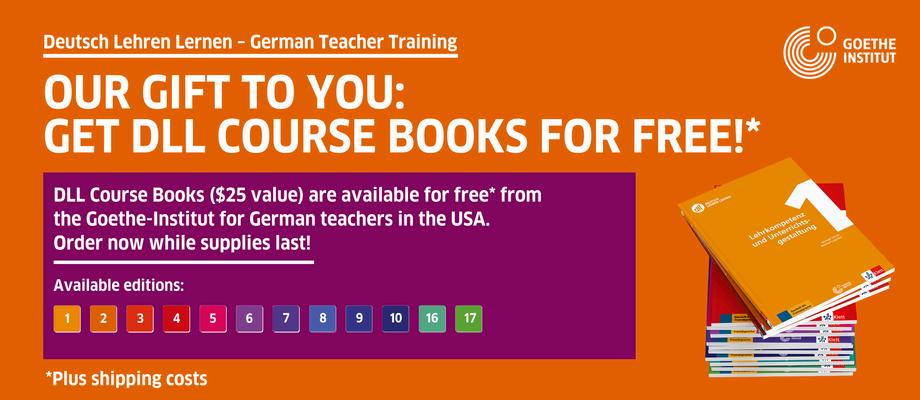
Kostenlose DLL-Kursbücher
In der Vorweihnachtszeit verschenkt das Goethe-Institut KOSTENLOS Deutsch Lehren Lernen (DLL)-Kursbücher an Deutschlehrkräfte, solange der Vorrat reicht Sie müssen lediglich die Versandkosten bezahlen Besuchen Sie unsere Website, um mehr über das DLL-Programm zu erfahren und sich Ihr Exemplar zu sichern.
DLL-Kursbücher - Goethe-Institut USA

Neues Jahr, neue Möglichkeiten: Der Kursplan für Januar 2025 ist da!
Kursstart 13. Januar 2025, Neue Clubangebote
Das Goethe-Institut USA startet das neue Jahr 2025 mit einem prall gefüllten Kursprogramm für alle Fans der Deutschen Sprache! Nutzen Sie die Chance, Ihre Sprachkenntnisse zu erweitern und Teil unserer Deutschlerngemeinschaft zu werden Entdecken Sie das umfangreiche Online-Angebot von unseren interaktiven Deutsch Online Live Gruppenkursen bis hin zu unterhaltsamen Sprachclubs, in denen Sie mit Gleichgesinnten üben können.
Machen Sie 2025 zum Jahr, in dem Sie Ihre Sprachlern-Vorsätze verwirklichen – melden Sie sich noch heute an und sichern Sie sich 10% Rabatt mit dem Code NEW25* für Buchungen bis zum 6. Januar 2025 Wenn Sie für einen Online-Gruppenkurs ab Januar angemeldet sind, erhalten Sie 50% Rabatt auf alle Clubangebote!
Deutschlehrkräfte aufgepasst: Sichern Sie sich noch heute zusätzlich einen Gutschein im Wert von 100 $ für ein Online-Angebot des Goethe-Institut USA!
*Der Code NEW25 ist ausschließlich für Buchungen von German Online Live mit Selbstlernanteil (Intensiv und Standard) sowie (Relaxed und Standard) Deutsch Online Live (Buchbasiert) bis zum 06.01.2025 gültig. Mehr
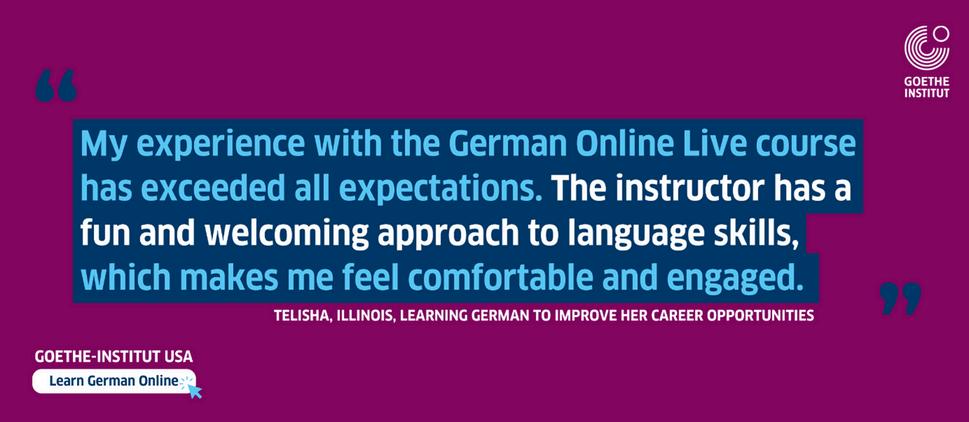

Fortbildung: Rassismuskritischer Deutschunterricht
In dieser interaktiven Fortbildung geht es um die Frage, wie ein rassismuskritischer Deutschunterricht gestaltet werden kann und welche Fallstricke dabei zu beachten sind.
Gemeinsam wird erarbeitet, wie eine reflektierte Sprache dabei helfen kann, diskriminierende Strukturen zu erkennen und zu vermeiden.
Der Workshop lädt zur kritischen Reflexion des eigenen Unterrichts ein und bietet in einer praxisnahen Phase konkrete Ansätze, um rassismuskritische Prinzipien wirksam in die Unterrichtsgestaltung zu integrieren.
15. Dezember 2024, 10- 15Uhr PT (Der Workshop wird auf Deutsch abgehalten) Goethe-Institut San Francisco 657 Howard Street San Francisco, CA 94105
Das Goethe Institut San Francisco unterstützt 20 Teilnehmer*innen mit bis zu max. $250 (Belege erforderlich) bei den Reisekosten Bitte schreiben Sie bei Interesse bis spätestens 5 Dezember an Julia.Koch@goethe.de
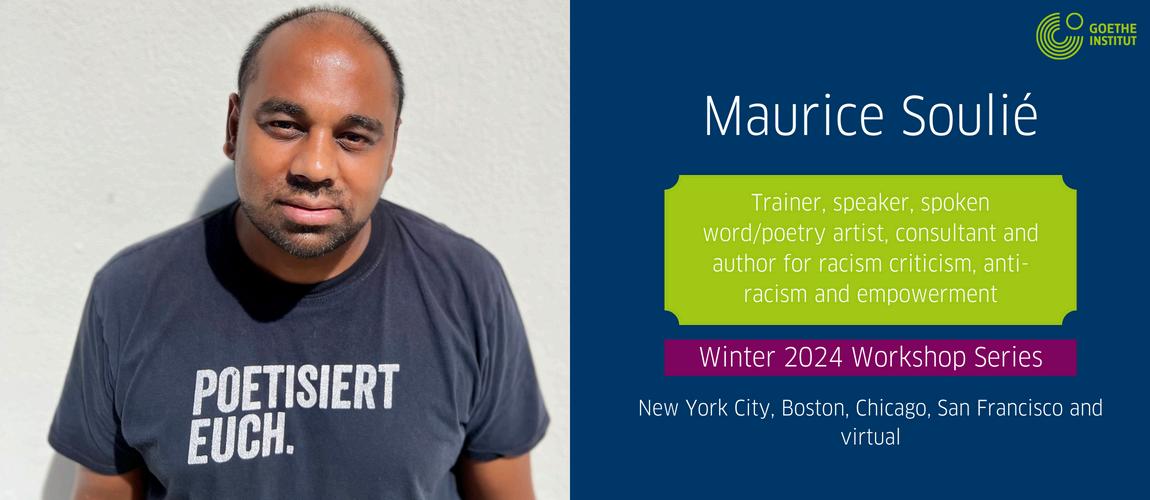
Zum Referenten
Maurice Soulié (er/ihm) ist Trainer, Speaker, Spoken Word/Poetry Künstler, Berater und Autor für Rassismuskritik, Antirassismus und Empowerment. In seinen Workshops, Vorträgen und Sensitivity Readings sensibilisiert und begleitet er unterschiedliche Zielgruppen in verschiedenen Kontexten zu diskriminierungssensiblem und rassismuskritischem Denken und Handeln
Jetzt Anmelden


SPARK for German is a joint project of the AATG and the Goethe-Institut. The network aims to reverse the trend of decreasing enrollment in K-16 German programs, address the shortage of German teachers, and spark interest and joy in learning and teaching the German language.
SPARK partners with schools, colleges, and universities to host SPARK labs. SPARK labs create partnerships to offer SPARK programming with the help of students who serve as SPARK instructors SPARK programs take place in afterschool settings and at elementary, middle, and high schools, and at community centers and libraries.
The SPARK team thanks our more than 150 partners for their outstanding work in 2024. Together, we share and spread the joy of learning and teaching German, provide opportunities for children and young people to encounter German and the cultures of the German speaking world, and encourage students of German to use their knowledge to teach others, allowing students to consider a career teaching German
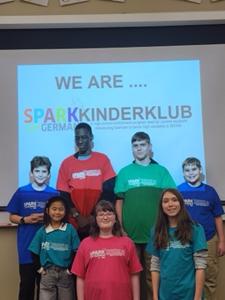

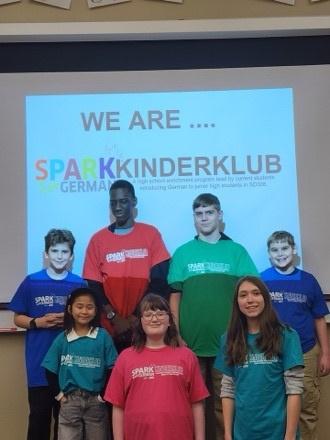
The SPARK team supports the implementation of these partnerships, provides scholarships for students, develops and distributes curricula and teaching materials, provides professional development opportunities for current and future educators, and fosters community To build a sustainable network, SPARK labs include SPARK in their course offerings, cocurricular activities, and degree requirements. SPARK labs also often contribute to the missions of their institutions, e g , to internationalize the campus and to offer service-based and community-
based learning and teaching, hence increasing the visibility of the vital contributions language programs and departments make to a 21st century education.
The SPARK network aims to build pipelines for students to learn German throughout high school and to continue with their learning in college, so they are prepared to use their German in academic and professional settings and to consider a career in teaching German. SPARK is rooted in the belief that language learning and teaching promotes respect among all people and contributes to civil society. SPARK is driven by the needs of German programs in the US. It establishes a structure that allows our partners to implement the program flexibly and sustainably Responding to the needs of their programs, institutions, and communities, some of the most active SPARK labs list among the priorities for the future of German and German Studies a focus on diversity, on community engagement, and on 21st century skills, including career preparation
New in 2024, we offer SPARK U!, an online course that allows students to learn basic principles of teaching German in order to better prepare them for their role as SPARK instructors.

We aim to create a sustainable and supportive network and to make active contributions to the transatlantic dialogue between Germany and the US. For more information, please take a look at our website and contact the SPARK team at Spark-Washington@goethe.de
SPARK (Structured Program for the Acquisition of German in the U.S. - Resources and Know-How) is a joint initiative between the American Association of Teachers of German (AATG) and the Goethe-Institut, the cultural institute of the Federal Republic of Germany, with funding provided by the Netzwerk Deutsch program of the Federal Republic of Germany

Interested in joining us to benefit from high-quality teaching materials, numerous professional development opportunities, and a nation-wide network of supportive and collaborative colleagues?
SPARK (Structured Program for the Acquisition of German in the U S - Resources and Know-How) is a joint initiative between the American Association of Teachers of German (AATG) and the Goethe-Institut, the cultural institute of the Federal Republic of Germany, with funding provided by the Netzwerk Deutsch program of the Federal Republic of Germany.
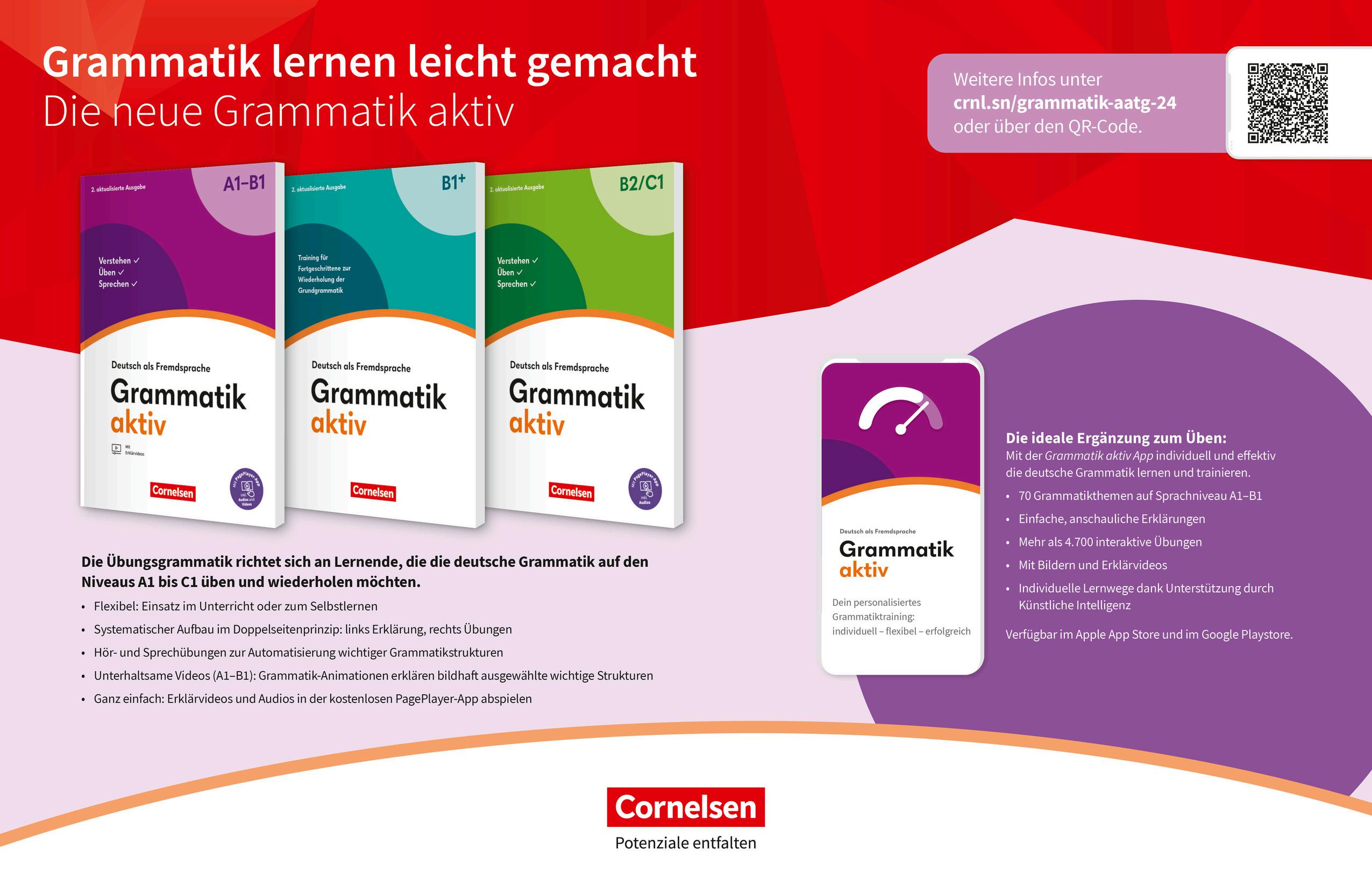

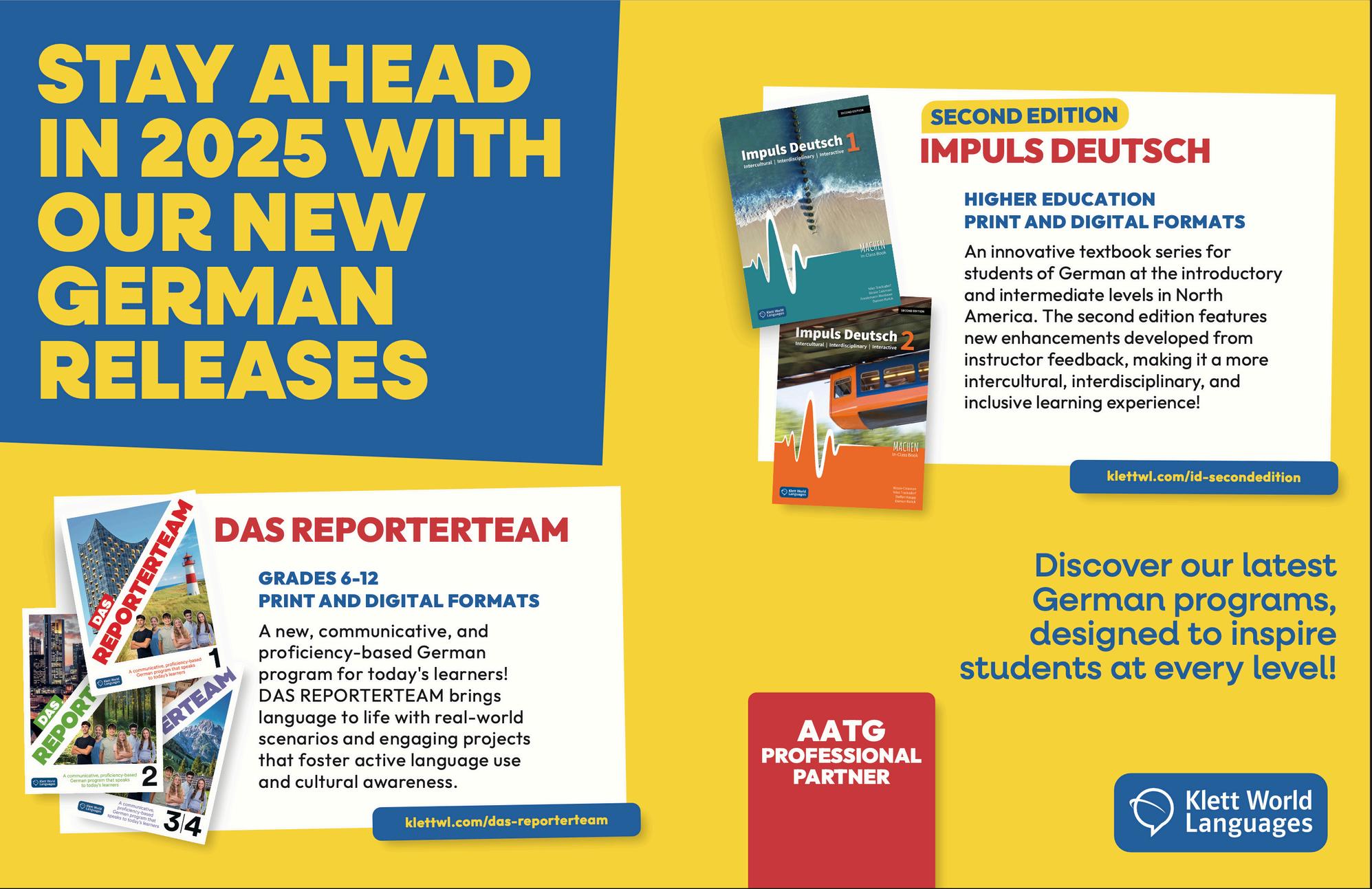

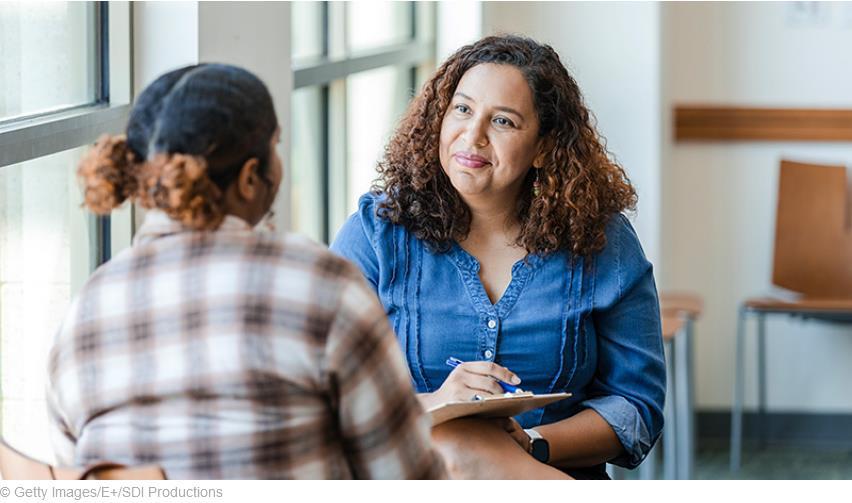
Feedbackgespräche im Unterricht – so gelingen sie!
Feedback ist Wahrnehmung – nicht Wahrheit. Diese Unterscheidung ist den HueberReferentinnen Susanne Oberdrevermann und Sonya Dase sehr wichtig. Denn Feedback basiert auf einer von vielen möglichen Beobachtungen. Und das Mitteilen einer solchen Beobachtung sollte immer als Angebot, niemals als Urteil verstanden werden. Deswegen ist es so wichtig, das Lehrende ihre Beobachtung neutral und ohne Bewertung äußern.
Derjenige, der Feedback bekommt, muss es einordnen, verstehen und verarbeiten können.
Deshalb ist es notwendig, Feedback vorzubereiten und gemeinsame Vereinbarungen zu trefen. Nur so kann ein Gegenüber das Feedback auch annehmen.
Ein lernförderliches Feedback sollte sowohl auf den Lernerfolg (summativer Aspekt, z. B. Prüfungen) als auch auf den Lernfortschritt (formativer Aspekt) der Teilnehmenden eingehen.
Der neuseeländische Bildungsforscher John Hattie ist der Ansicht, das Feedb ack zu den wichtigsten Einfussfaktoren für den Lernerfolg gehört und professionell eingesetzt für einen entscheidenden Lernzuwachs sorgt.
Ein Feedbackgespräch gibt drei Antworten
Laut Hattie sollte ein Feedbackgespräch drei Fragen beantworten.
In Bezug auf die jeweilige Aufgabe die Frage: Wie gut komme ich voran? Sonya Dase nennt hier das Beispiel einer Lernerin, die sich um mehr Flüssigkeit im Mündlichen bemüht. Speziell die andere Syntax des Mündlichen bereiten ihr im Vergleich zum Schriftlichen noch Probleme. Hier setzt die zweite Frage in Bezug auf den Lernprozess an: Wohin will ich? Im Falle der genannten Lernerin aus dem Bereich Fachsprache Medizin ist das Ziel, ein Anamnesege spräch sprachlich füssig und möglichst spontan führen zu können.
Die dritte Frage bezieht sich auf die Selbstregulation: Was ist mein nächster Schritt, um meinem Ziel näher zu kommen?
Formale Kriterien eines Feedbackgesprächs
Neben dem Inhalt eines Feedbacks sind aber auch formale Kriterien von Bedeutung. Zum Beispiel der Zeitpunkt des Feedbacks, etwa während des Unterrichts oder danach. Lernende sollten gedanklich auf jeden Fall noch bei Aufgabe und Lernziel sein, um das Feedb ack auch aufnehmen zu können. Hier gilt die vielleicht überraschende Regel: Lieber einmal zu wenig etwas sagen als zu viel.
Die Form muss passend sein: Das Feedback kann mündlich, schriftlich, im Einzel- oder Gruppengespräch gegeben werden. Nicht nur die Rückmeldung durch die Lehrkraft, sondern auch Peer-Feedback ist hilfreich.
Und schließlich sollte der Umfang des Feedbacks angemessen sein. Also genug, um dem Lernenden den nächsten Schritt zu ermöglichen, aber eben auch nicht zu umfangreich.
Unterschiedliche Arten von Feedback
Ein Feedback kann lediglich beschreibend sein, zum Beispiel: Mir fällt auf, dass Sie ausschließlich Hauptsätze bilden. Es kann aber auch auf Stärken und Schwächen eingehen, zum Beispiel: Mir fällt auf, dass Sie jetzt sehr auf Ihre Aussprache achten. Ich verstehe Sie viel besser. Konzentrieren Sie sich jetzt besonders auf das o und u.
Ebenfalls ist es möglich, zum Nachdenken über Fehlerursachen anzuregen, zum Beispiel: Mir ist aufgefallen, dass sie die Wörter „verpassen“ und „vermissen“ oft verwechseln. Habe n Sie eine Ahnung, woher das kommt?
Mehr Peer-Feedback nutzen
Zunehmend wird im Sprachunterricht das Peer-Feedback eingesetzt. Lehrwerke wie Im Berufssprachkurs von Hueber bauen oft in der Aufgabenstellung für Partnerarbeit eine dritte Person ein. Zwei Lernende interagieren miteinander in einem Rollenspiel. Die dritte Person beobachtet und gibt Feedback. Anschließend werden die Rollen getauscht. Der/die Beobachtende kann dabei ofen oder nach bestimmten, vorher festgelegten Kriterien beobachten: zum Beispiel die Verwendung neuer Redemittel, der Blickkontakt, die Redeanteile, das passende Register, Intonation und Aussprache, Empathie etc
Blog.hueber-sprachen de
Veröfentlicht am 11. November 2024

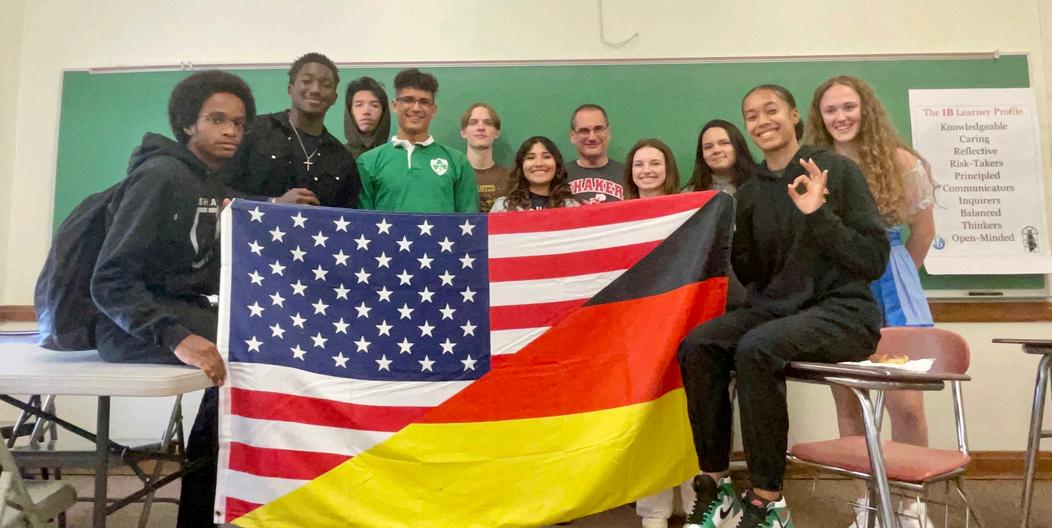

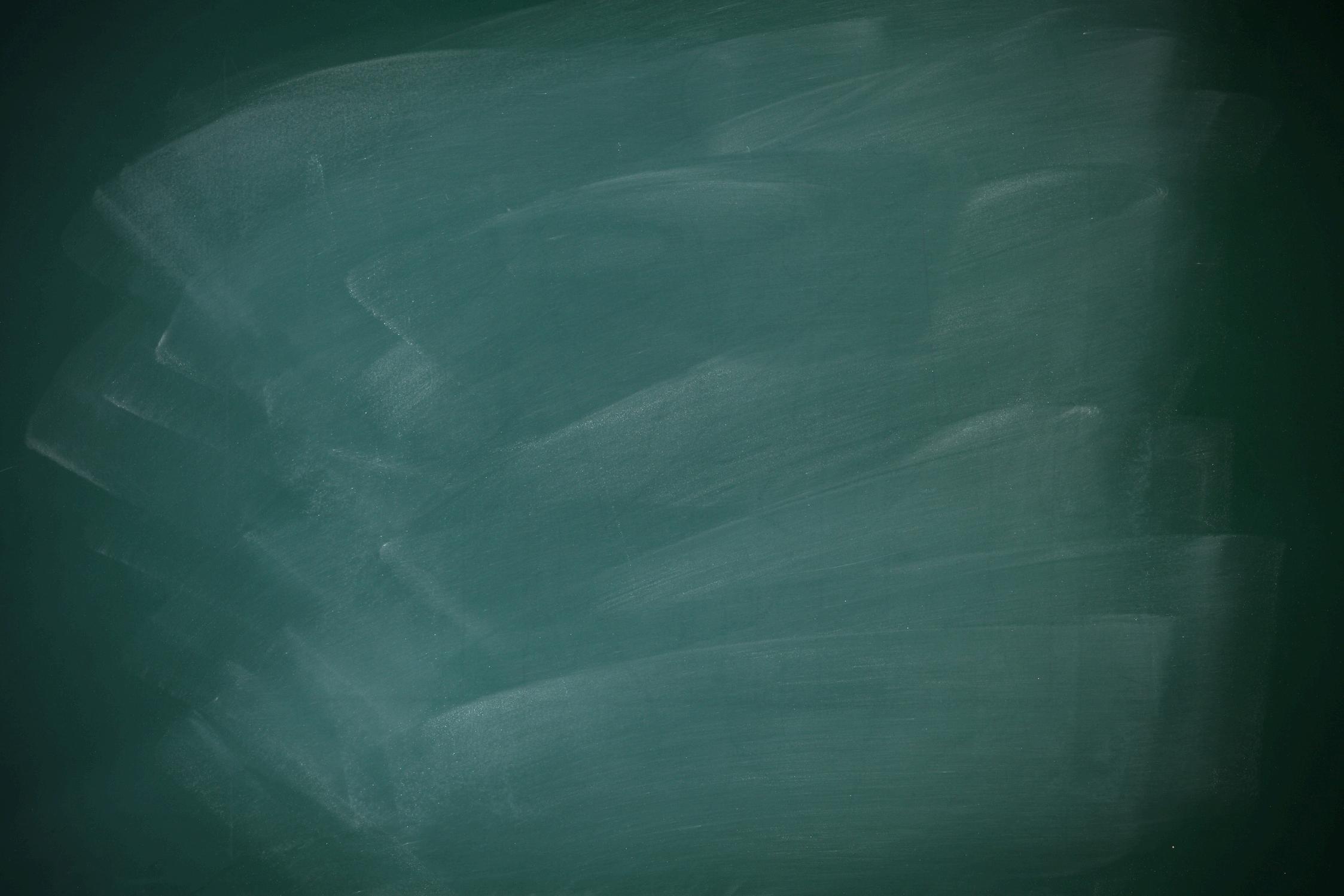
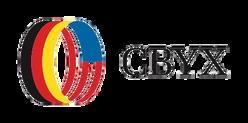
Proficiency-driven German Language and Culture Program
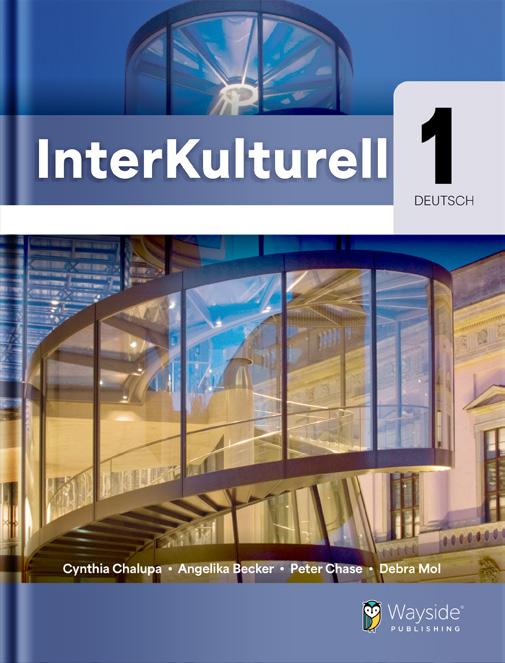
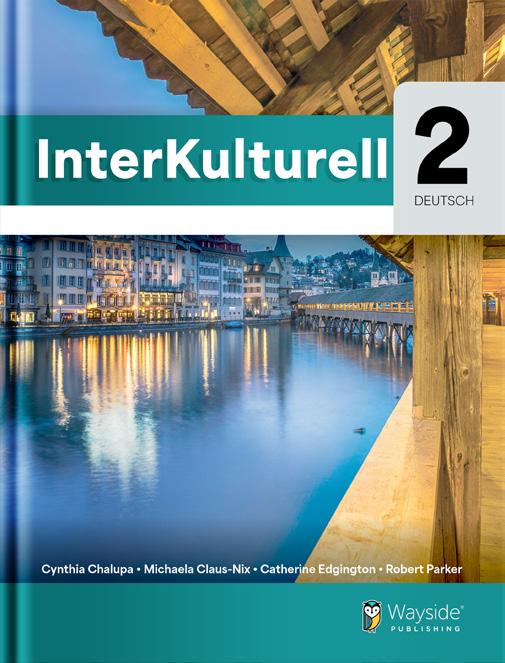
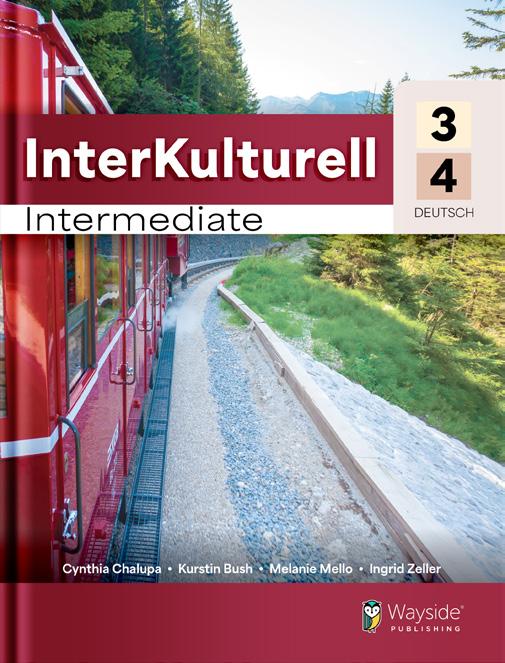
• STEM-centric activities seamlessly woven into the program
• Filled with authentic unit-aligned resources from across the Germanspeaking world, such as podcasts, videos, infographics, and more
• Performance-based summative and formative assessments
• Includes AP® and IB themes from the very beginning
• ACTFL World-Readiness Standards Alignment
• Access InterKulturell® online through Learning Site®
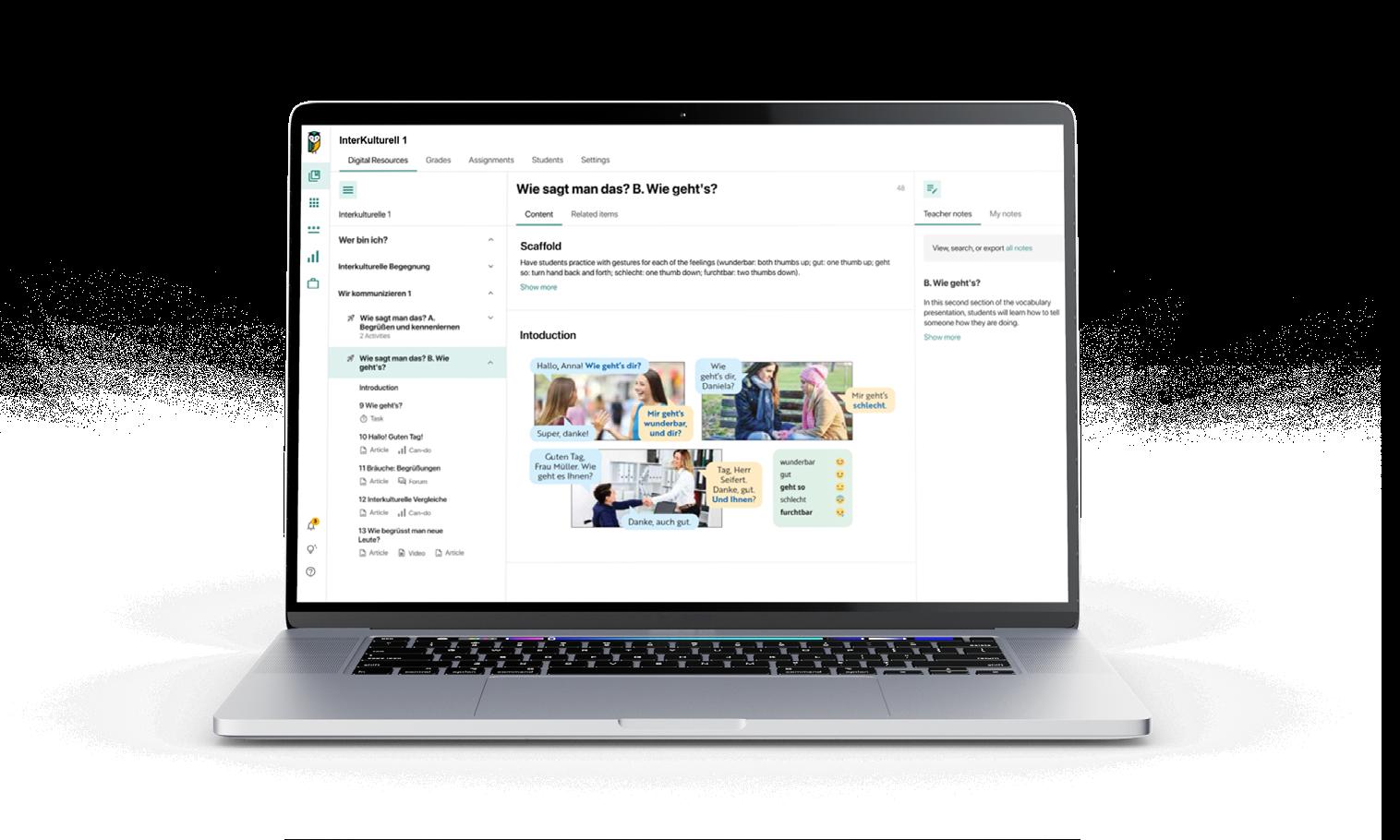
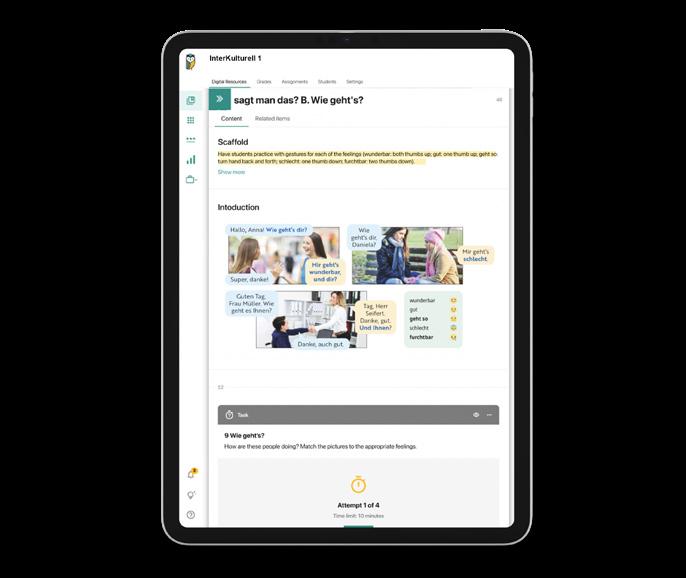
InterKulturell® ofers a flexible and interactive online learning platform powered by Learning Site®. It provides online instruction that is easy to use and helps you create courses that are tailored to your learners’ needs and preferences.
Wayside Publishing
Phone/Fax: (888) 302-2519
waysidepublishing.com
info@waysidepublishing.com
American Association of Teachers of German, Inc. 112 Haddontowne Court, #104